

Broderick Crawford Community Partnership Awardee: John Tumberger (Project Leader) and Stephani Stancil, Ph.D., APRN (Project Mentor and PI)
By Kelly Hale , Marketing & Communications Specialist
Jul 26, 2024
Project Title: Teen Research Advisors (Children’s Mercy Kansas City)
Project Summary: The Teen Research Advisors (TRA) are a group of teens who have previously participated in mental health research studies with Dr. Stancil and chose to continue to contribute to the future of research through their role as advisors to the research team. The TRAs share insights from their lived experience, ultimately fostering a more inclusive and effective approach to clinical research. The Broderick Crawford Community Partnership Award enabled the expansion of the size and scope of the TRA program.
Giving a voice and creating space at the research table for teens and young adults is an important part of the research process.
John Tumberger, along with Stephani Stancil, Ph.D., APRN, are doing just that as they not only work to include teens in every stage of their research, but also provide teens with professional development opportunities like hands-on lab experiences, clinical shadowing experiences at Children’s Mercy and workshops for career development.
“We work with our Teen Research Advisors to figure out what’s really important to them to help determine the next steps for our research studies.”
The Teen Research Advisors program consists of teens who have lived experience with the conditions being studied.
“Our goal is to get input from teens who have participated in research studies with our team to identify how to optimize every aspect of our research program from the research question to protocol development to results dissemination,” Tumberger said. “We are actively working to understand their priorities and values. This insight actively guides us in refining our research program to ensure we are doing work that is viewed as significant, impactful, and relevant to the youth we serve.” TRAs provide their insight through monthly virtual round tables where they work through complex problems, such as how research can be more accessible for all teens and provide feedback on specific items such as infographics.
In addition to advising on various elements of research, TRAs are engaged in a variety of career development opportunists, designed with their collaboration. To gain hands-on experience in translational research, TRAs come onsite to CMRI to work on lab experiments like DNA extraction and protein detection. TRAs are connected with CM clinicians for shadowing experiences in their areas of interest. Feedback on resume development and applications is available. The TRAs are currently working with the research team on manuscript preparation, given them the opportunity for early authorship and exposure to scientific publishing.
“We use a discussion format that is online, asynchronous, and anonymous to their peer TRAs. The teens post their ideas and feedback to monthly discussion boards, called RoundTables,” Tumberger said. “They can comment back and forth with their peers using auto-generated pseudonyms that change month to month. This provides a safe, comfortable environment for sharing ideas and reduces some social pressure/anxiety. All communication is expected to be respectful with reply prompts to guide the TRAs in engaging in constructive dialogue with each other. We moderate the RoundTables and summarize the take-aways each month. We learn a lot about what is important to them and make changes accordingly.
“Based on the feedback from our advisors, we have implemented IRB-approved changes to our recruitment strategies. We have also worked with them to develop a strategy for disseminating study results back to participants. They recommended infographics with virtual resources (like a QR code linked to the published paper), which they helped us design. We try to be explicit in letting them know exactly what changes we make in response to their feedback. It’s crucial for us to demonstrate that their perspectives hold significant importance to us.”
Stancil adds, “John is doing a tremendous job facilitating this group of TRAs. In addition to leading the project, he is finishing his first year of medical school at KUMC. He and the rest of our study team leverage their own pre-professional experience to serve as mentors for our advisors, as many TRAs aspire to careers in science and medicine. With the support of the Broderick Crawford Community Partnership Award, this project has truly become a multidimensional community collaboration.
Latest Articles
View All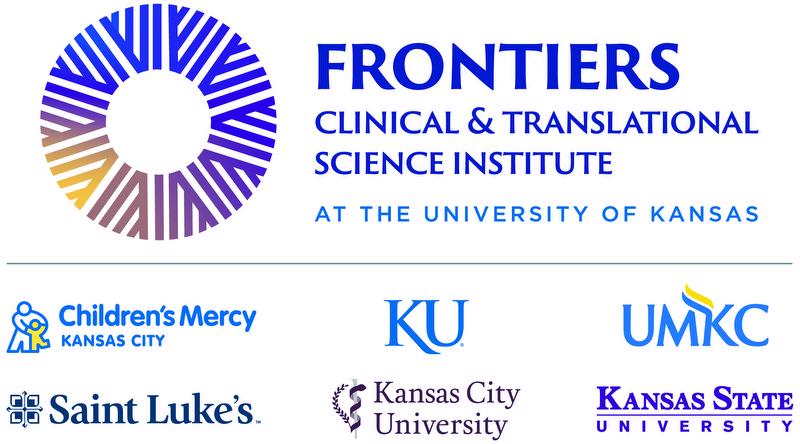 Funded Projects · News
Funded Projects · News
 TL1 Trainee · News
TL1 Trainee · News
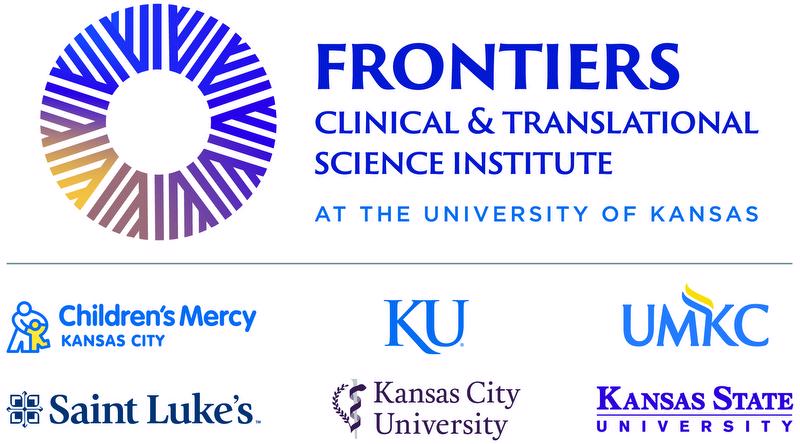 Funded Projects · News
Funded Projects · News
 TL1 Trainee · News
TL1 Trainee · News
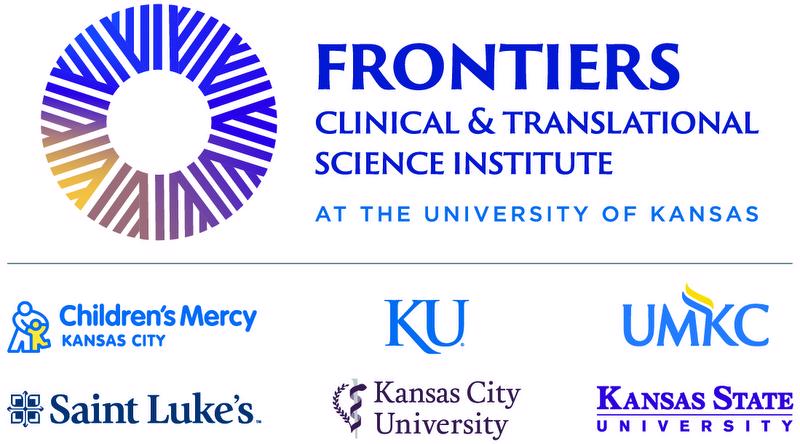 Funded Projects · News
Funded Projects · News
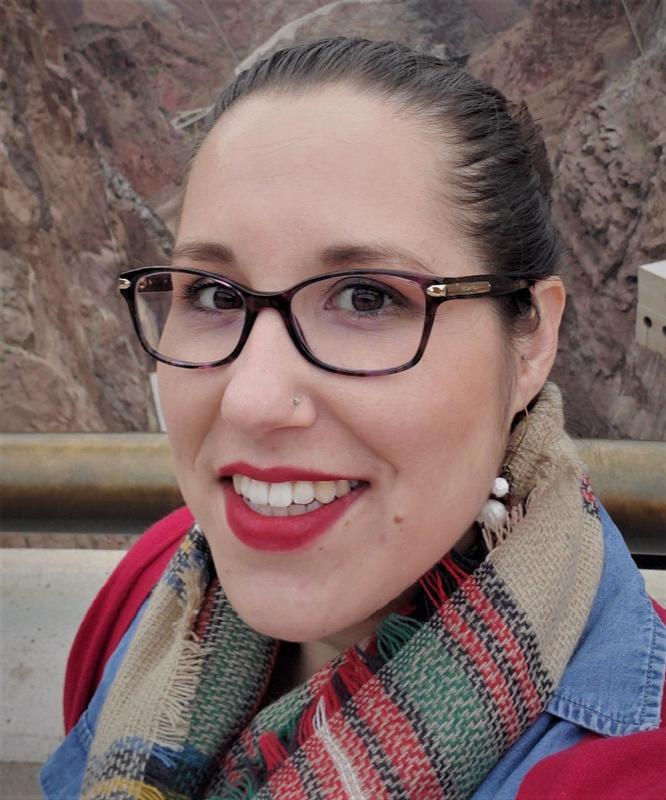 TL1 Trainee · News
TL1 Trainee · News
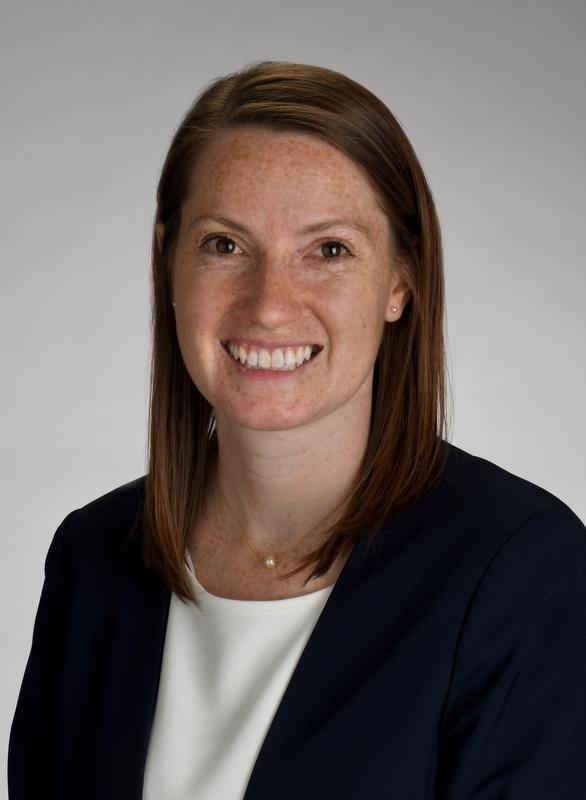 KL2 Scholar · News
KL2 Scholar · News
 Funded Projects · News
Funded Projects · News
 Funded Projects · News
Funded Projects · News
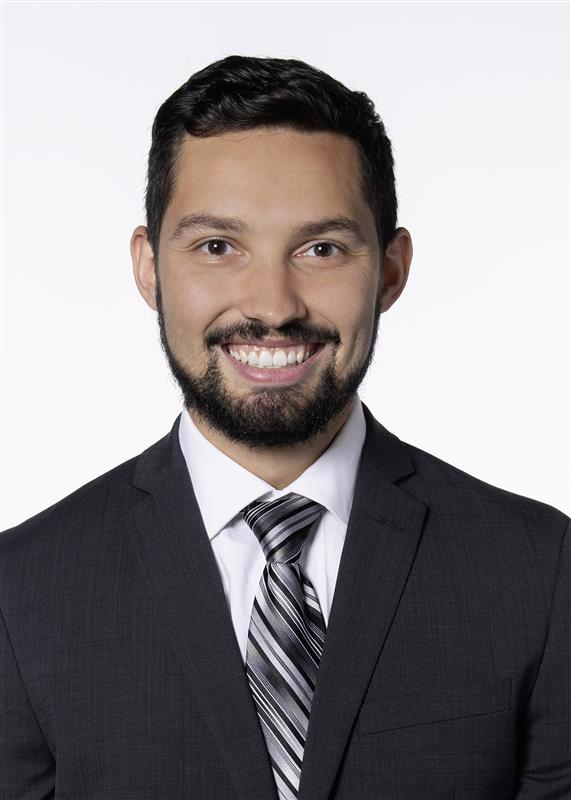 TL1 Trainee · News
TL1 Trainee · News
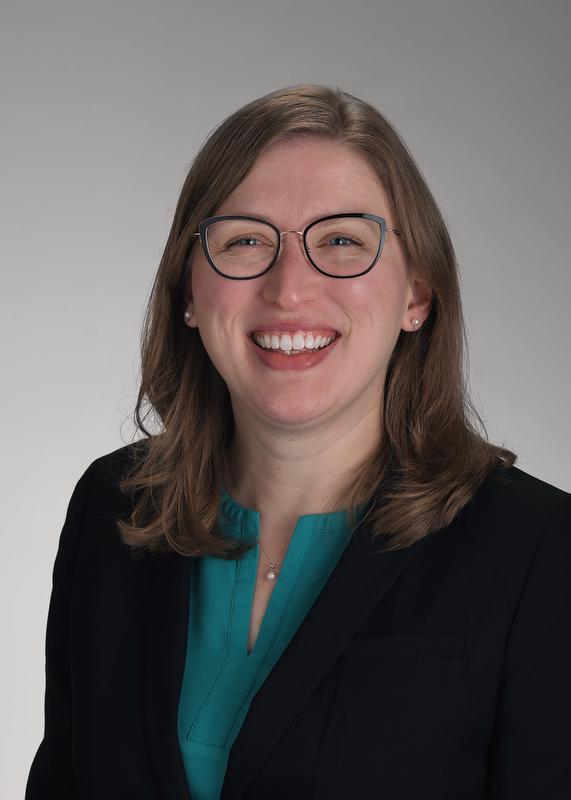 KL2 Scholar · News
KL2 Scholar · News
 Funded Projects · News
Funded Projects · News
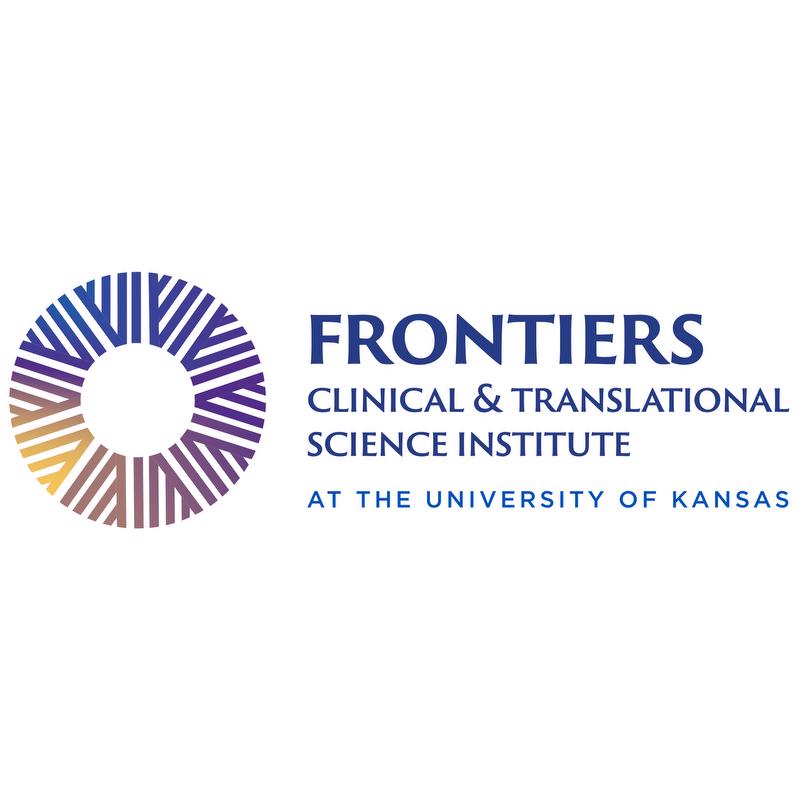 News
News
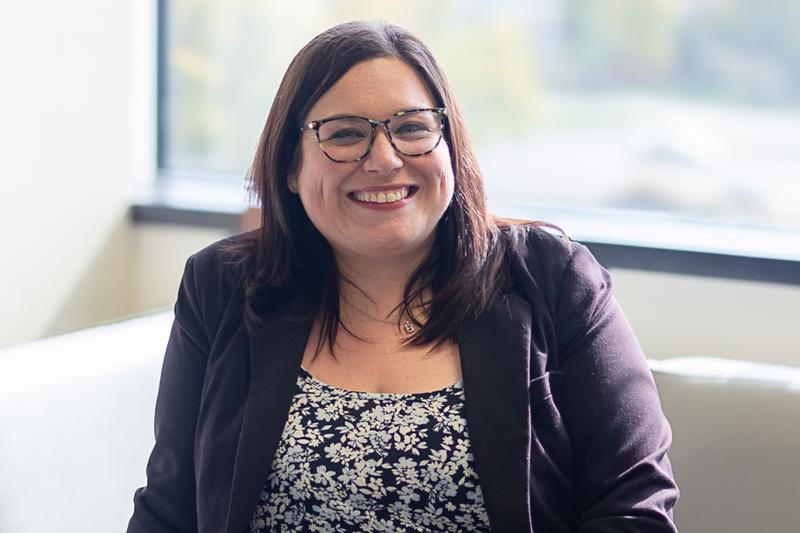 TL1 Trainee · News
TL1 Trainee · News
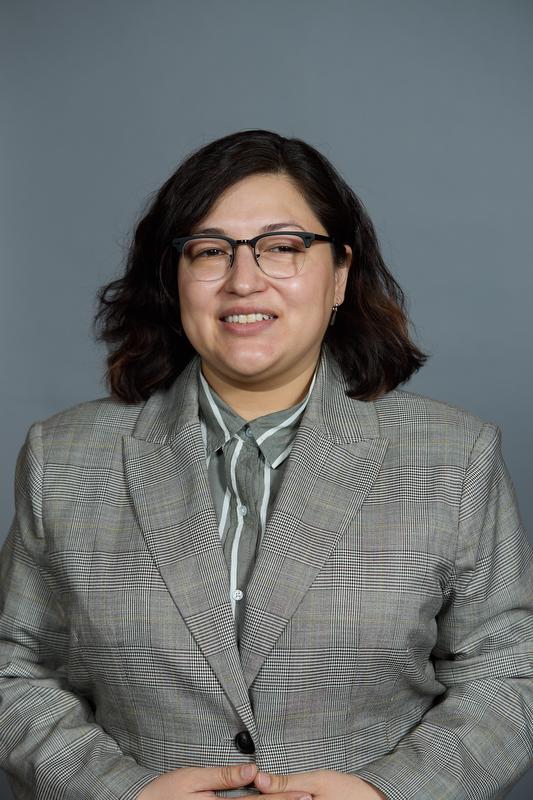 News
News
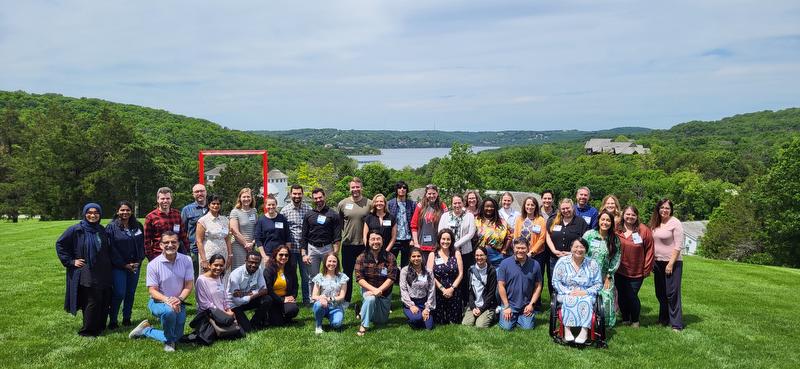 News
News
 Funded Projects · News
Funded Projects · News
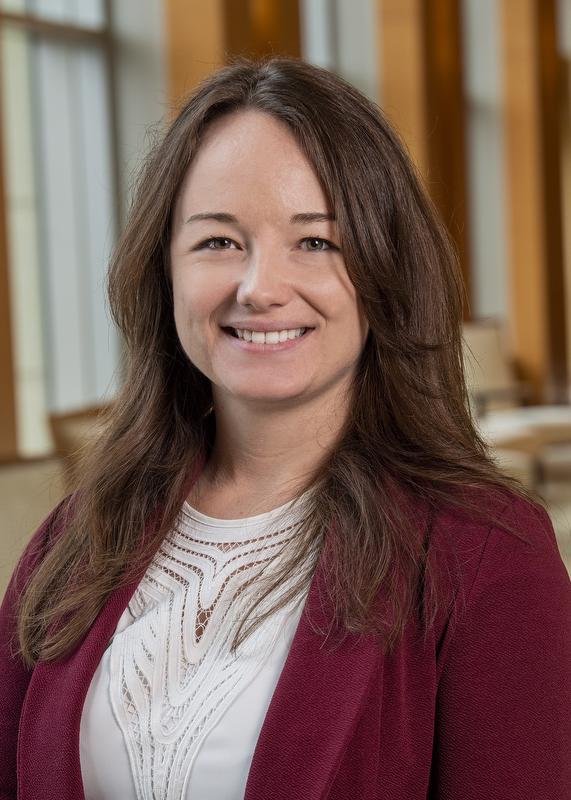 TL1 Trainee · News
TL1 Trainee · News
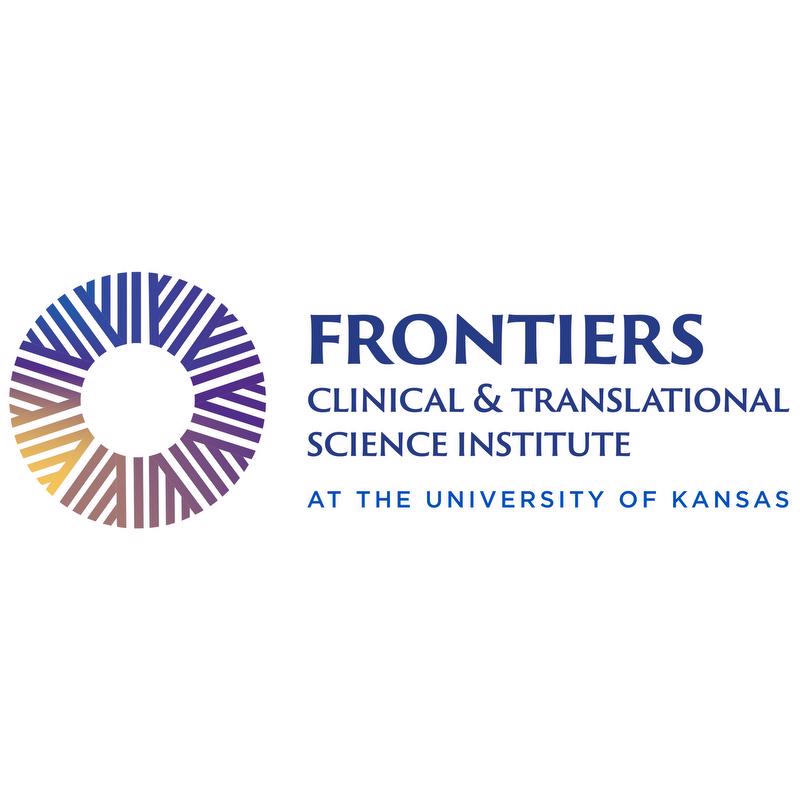 Events
Events
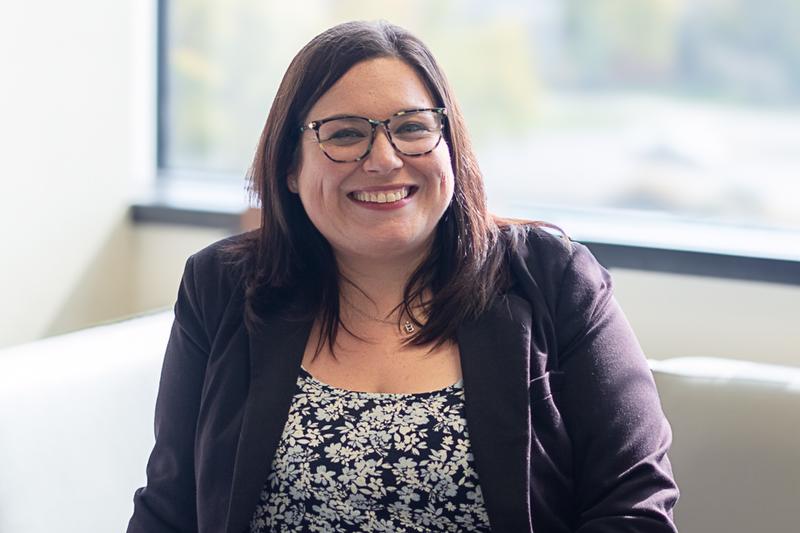 TL1 Trainee · News
TL1 Trainee · News
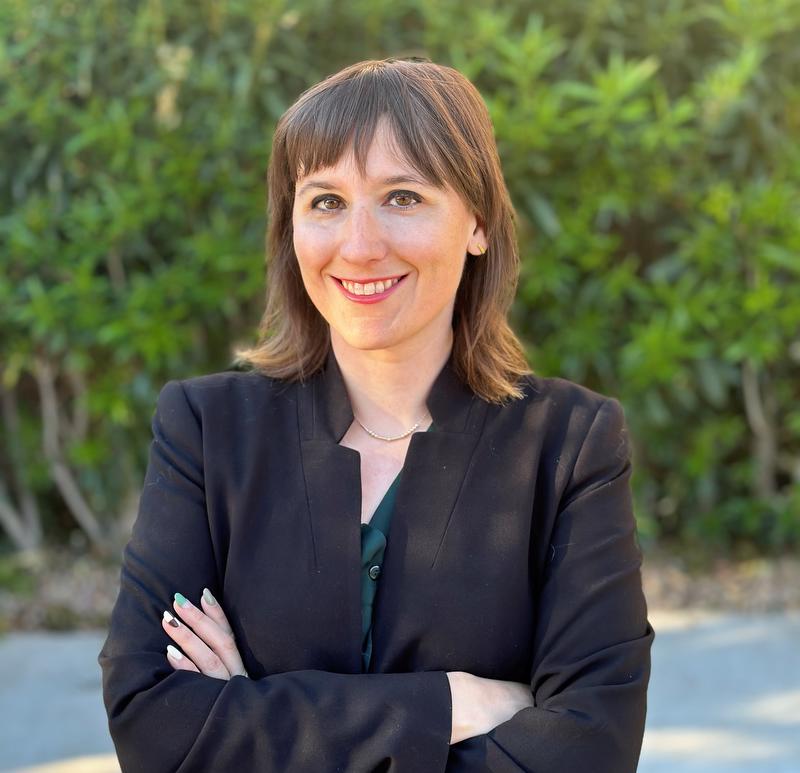 News
News
 TL1 Trainee · News
TL1 Trainee · News
 KL2 Scholar · News
KL2 Scholar · News
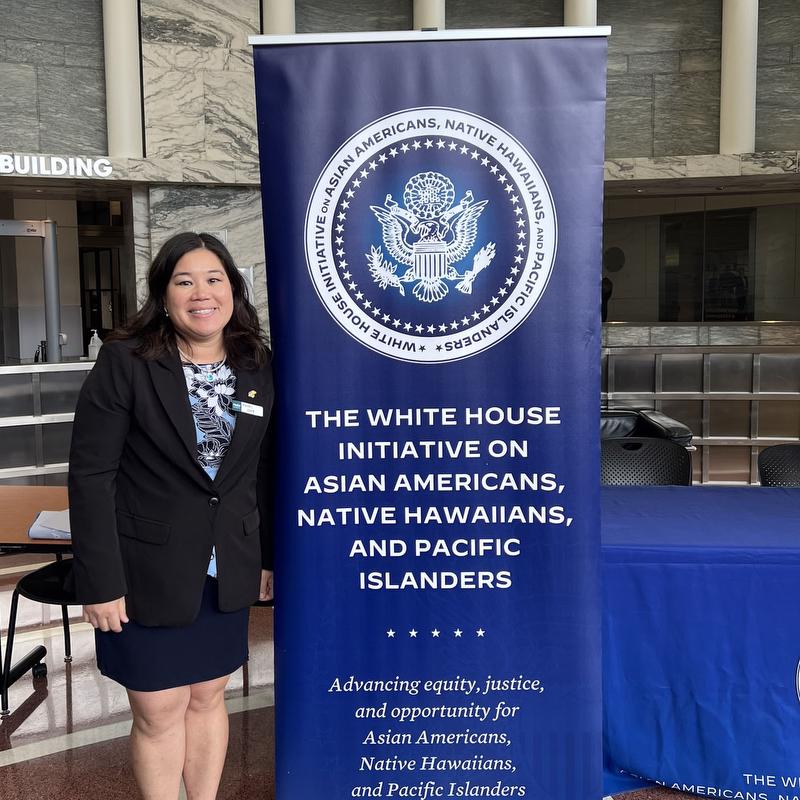 News
News
 KL2 Scholar · News
KL2 Scholar · News
 Funded Projects · News
Funded Projects · News
 News
News
 TL1 Trainee · News
TL1 Trainee · News
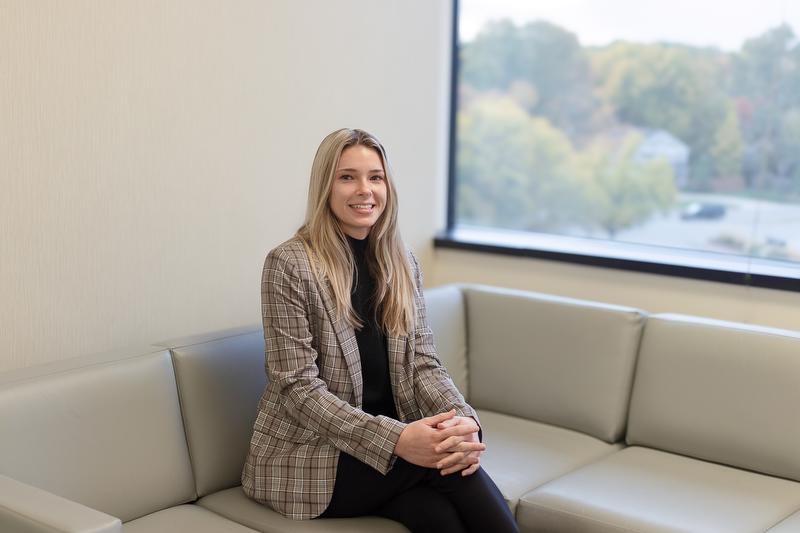
 TL1 Trainee · News
TL1 Trainee · News
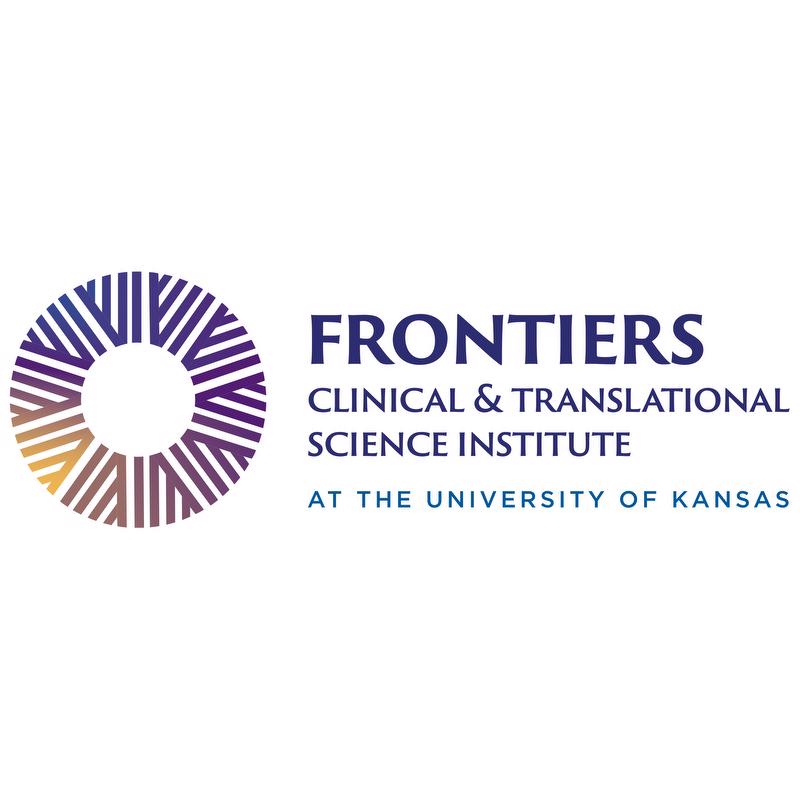 Services · News
Services · News
 News
News
 Funded Projects · News
Funded Projects · News
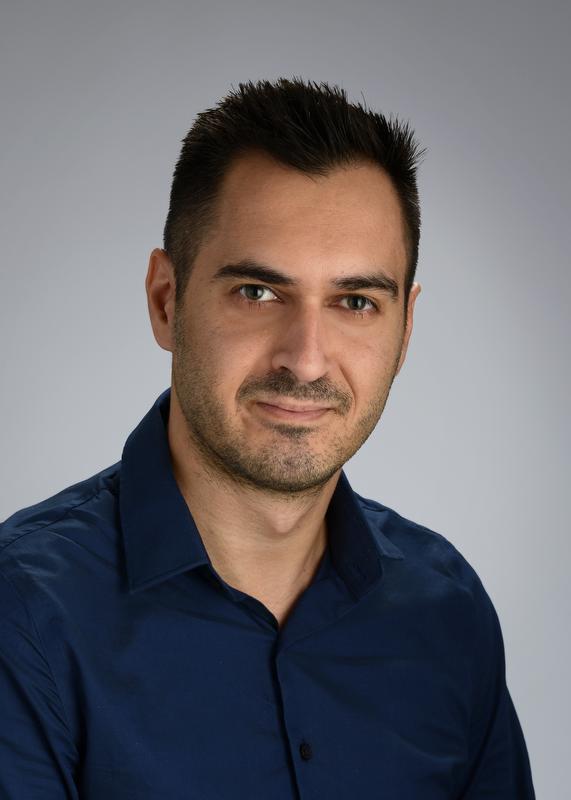 Funded Projects · News
Funded Projects · News
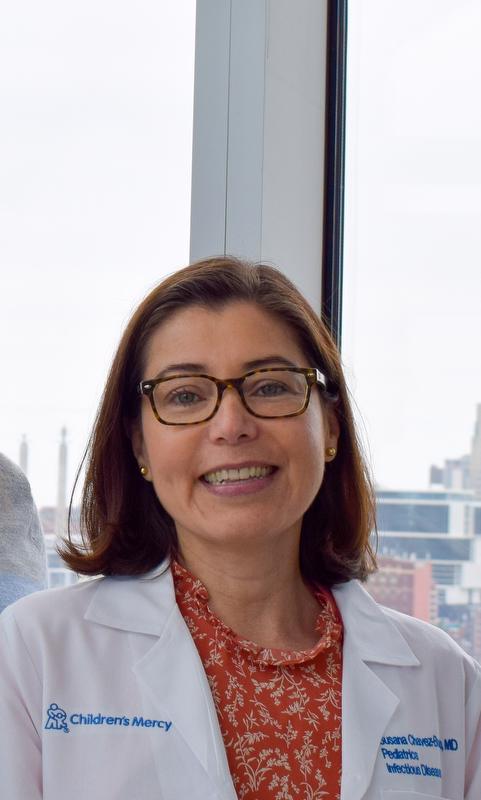 Funded Projects · News
Funded Projects · News
 TL1 Trainee · News
TL1 Trainee · News
 KL2 Scholar · News
KL2 Scholar · News
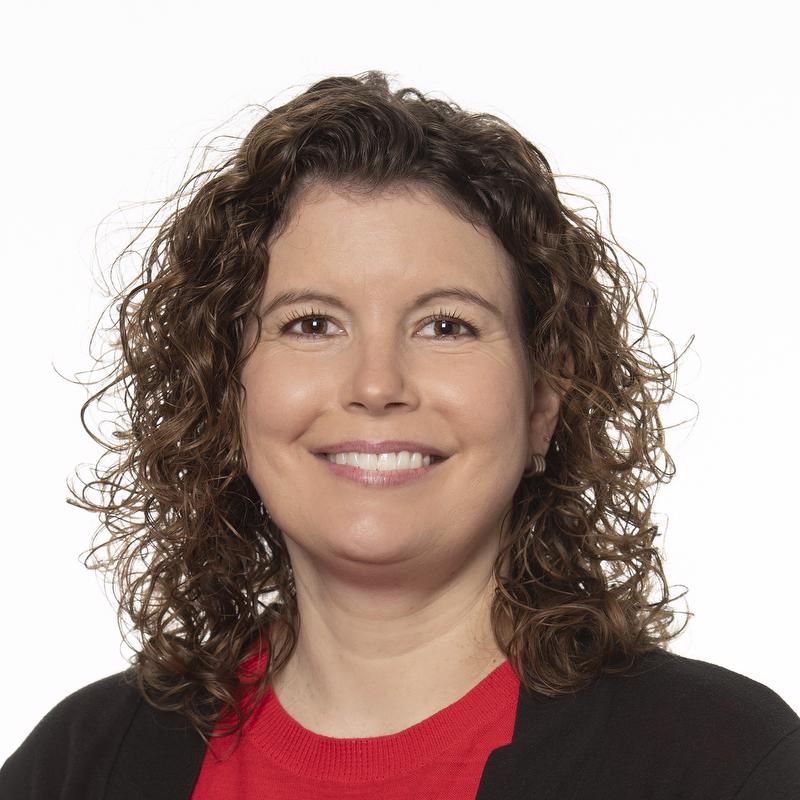 Funded Projects · News
Funded Projects · News
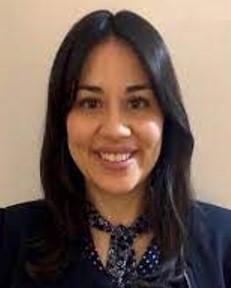 News
News
 News
News
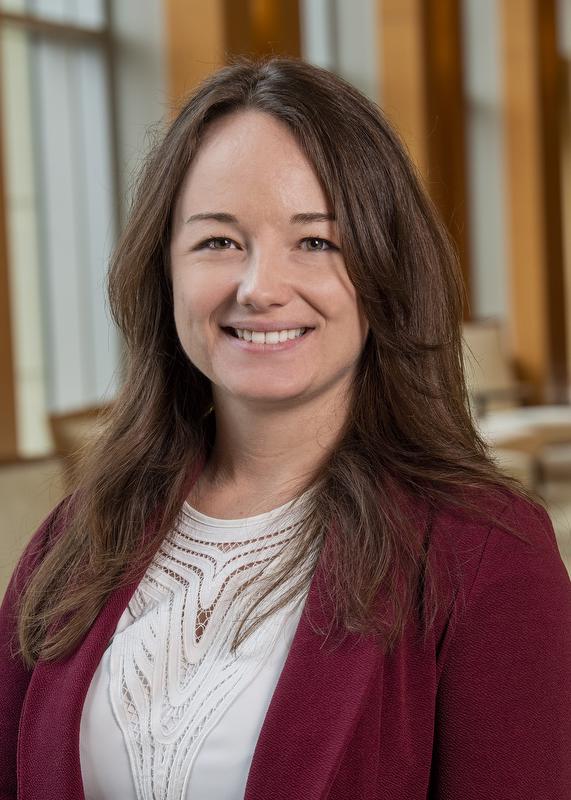 News
News
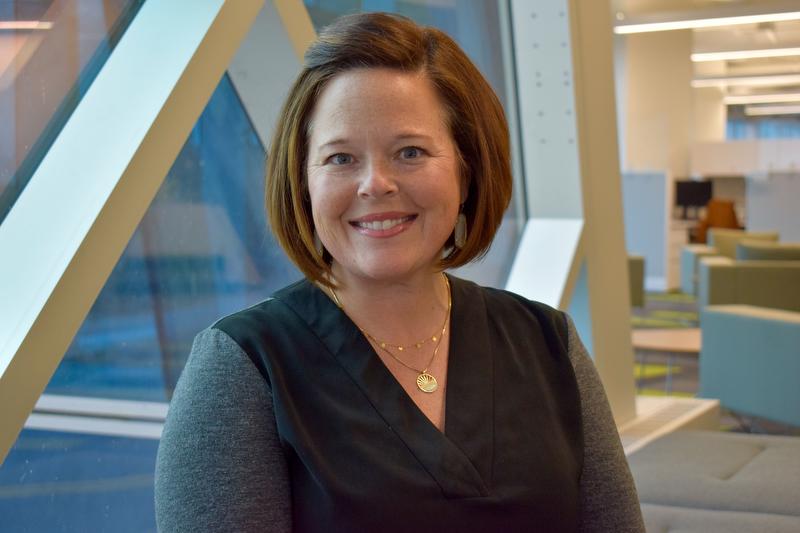 News
News
 News
News
 News
News
 News
News
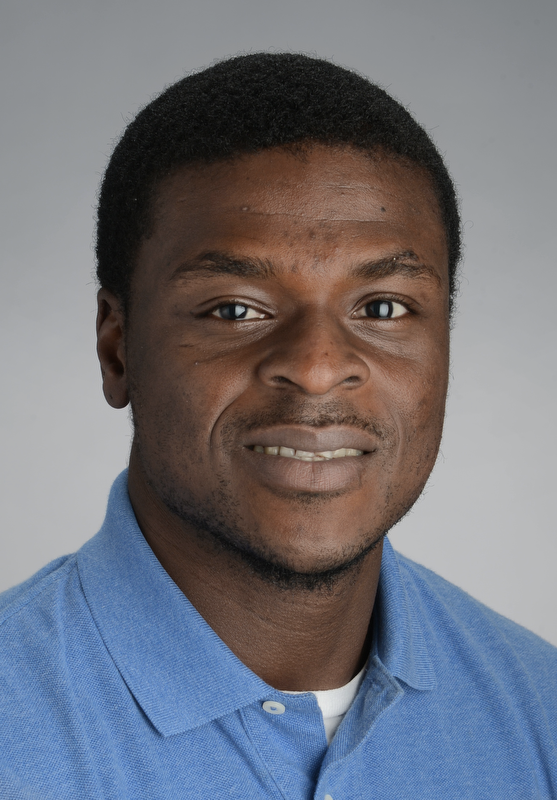 News
News
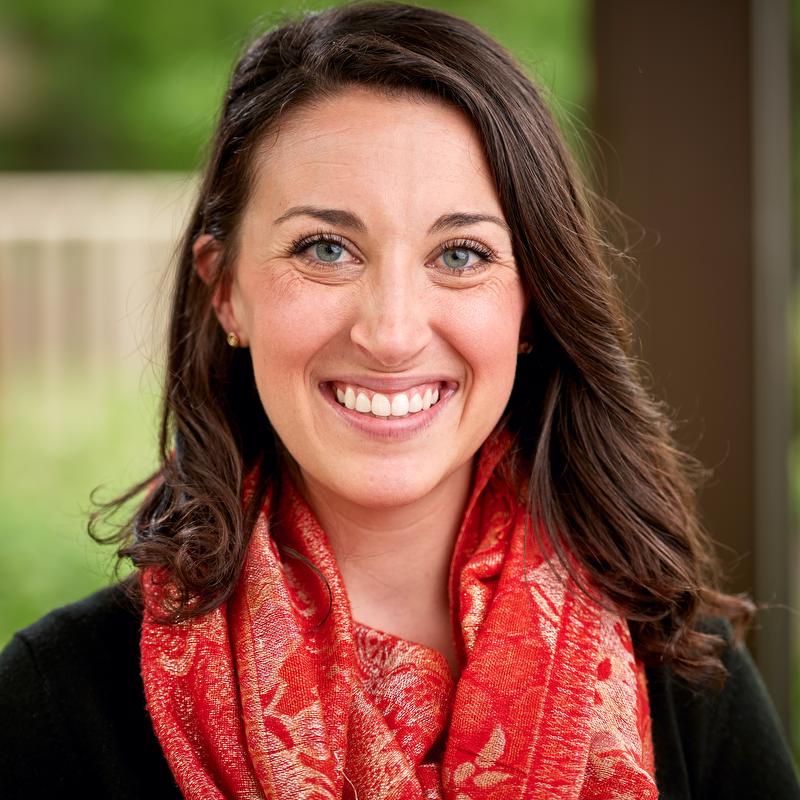 News
News
 News
News
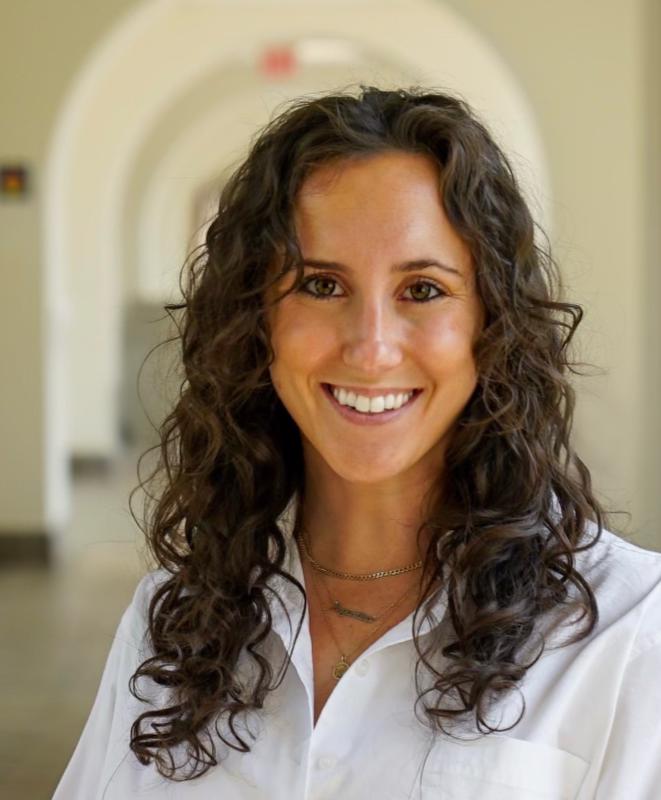 News
News
 News
News
 News
News
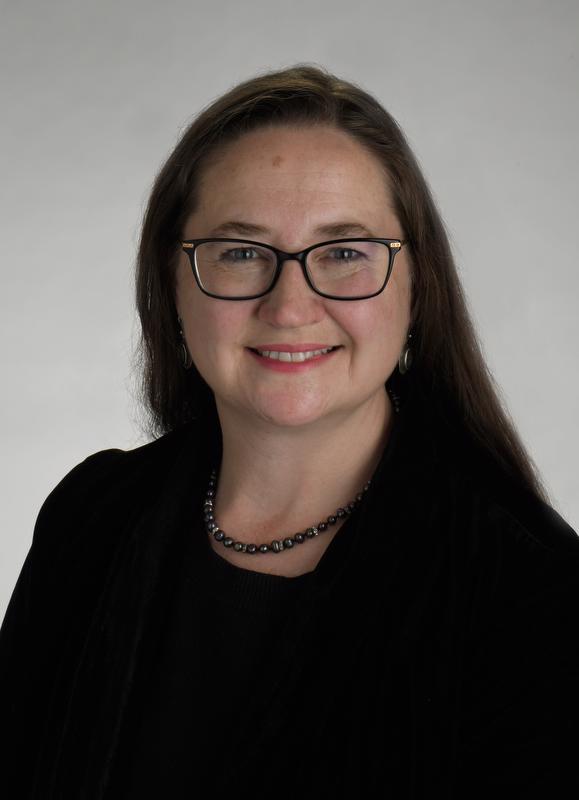 News
News
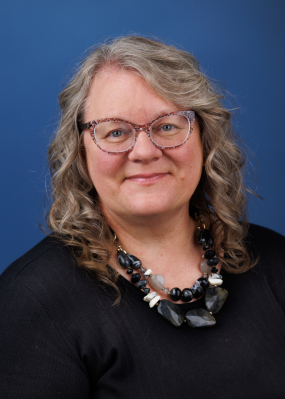 Funded Projects · News
Funded Projects · News
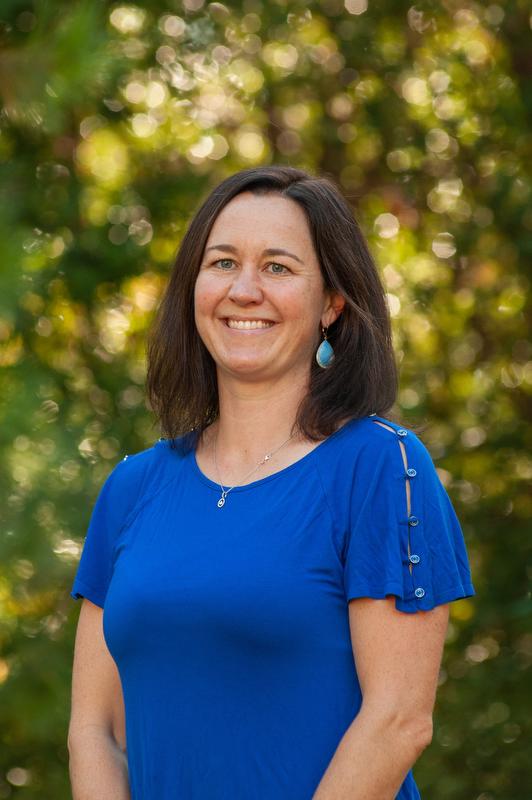 Funded Projects · News
Funded Projects · News
 KL2 Scholar · News
KL2 Scholar · News
 News
News
 News
News
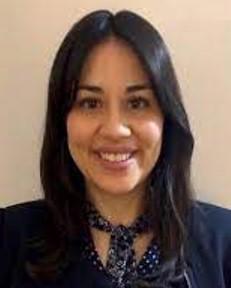 KL2 Scholar · News
KL2 Scholar · News
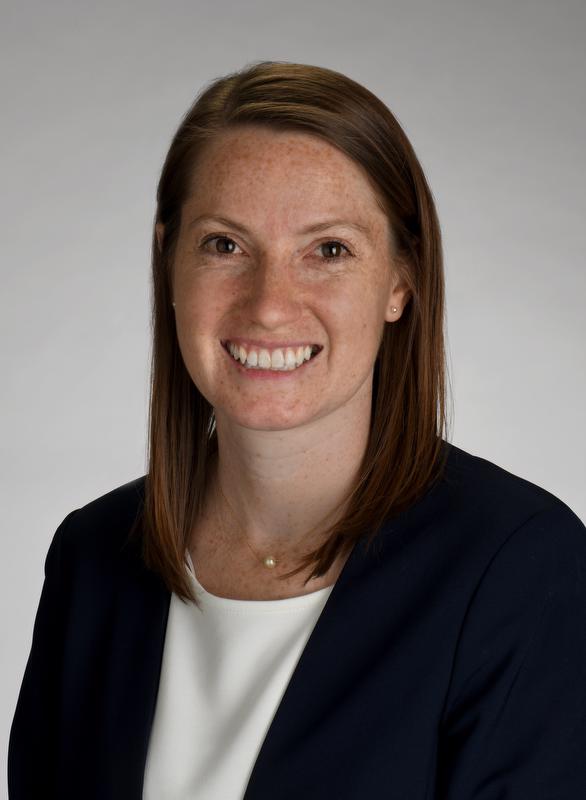 KL2 Scholar
KL2 Scholar
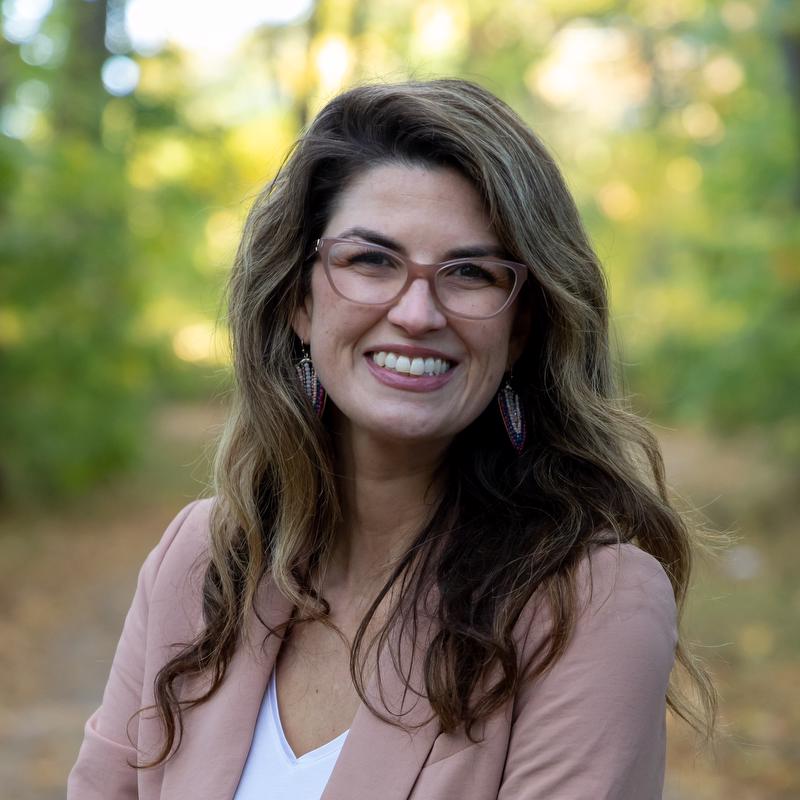 News
News
 News
News
 KL2 Scholar · News
KL2 Scholar · News
 News
News
 News · In the Community · Funded Projects
News · In the Community · Funded Projects
 Funded Projects · News
Funded Projects · News
 Funded Projects · News
Funded Projects · News
 Funded Projects · News
Funded Projects · News
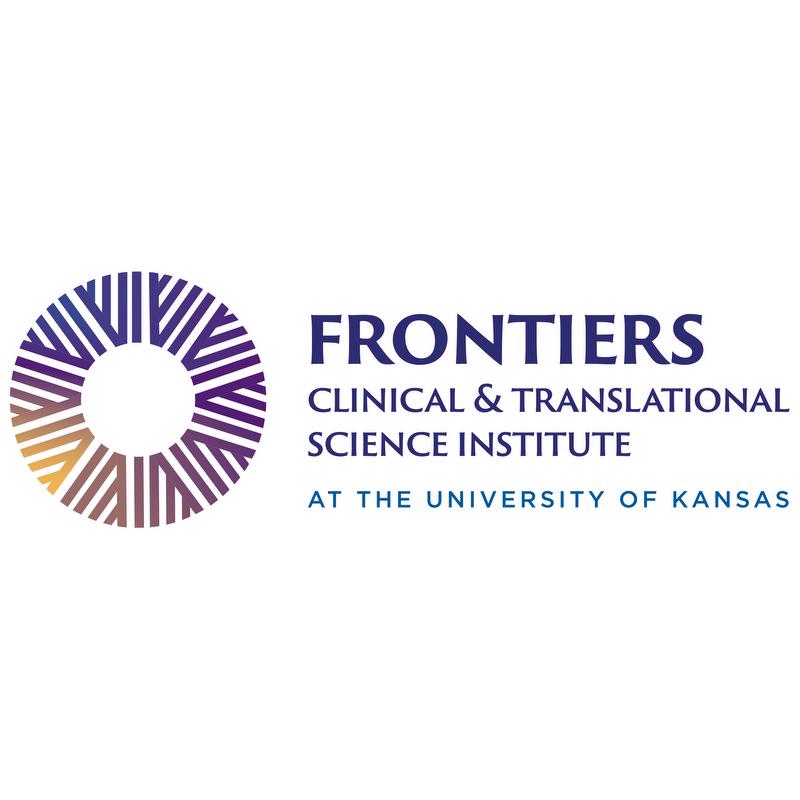 Funded Projects · News
Funded Projects · News
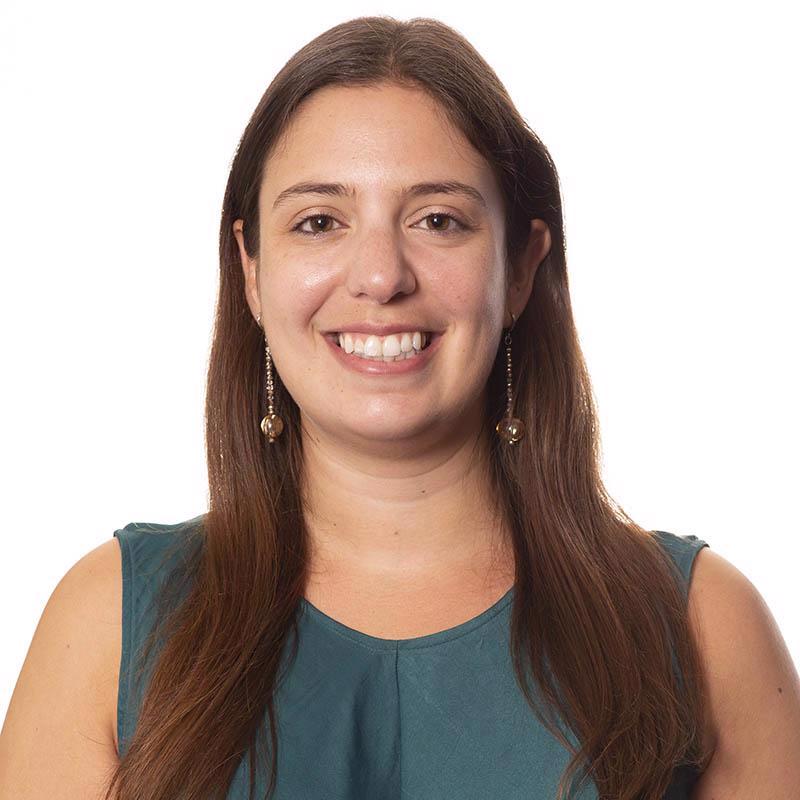 News
News
 Funded Projects · News
Funded Projects · News

 TL1 Trainee · News
TL1 Trainee · News
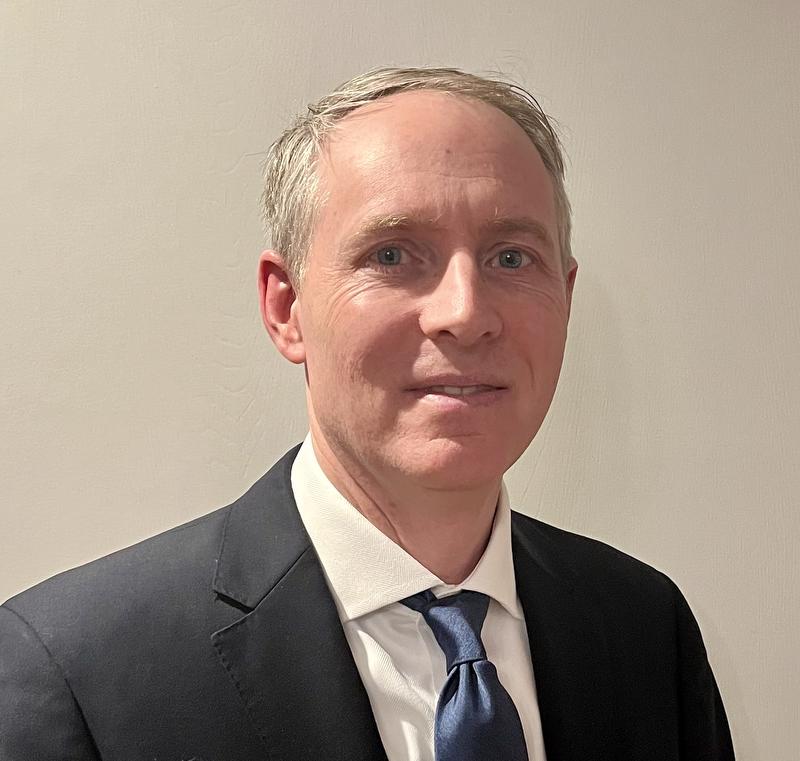 Funded Projects · News
Funded Projects · News
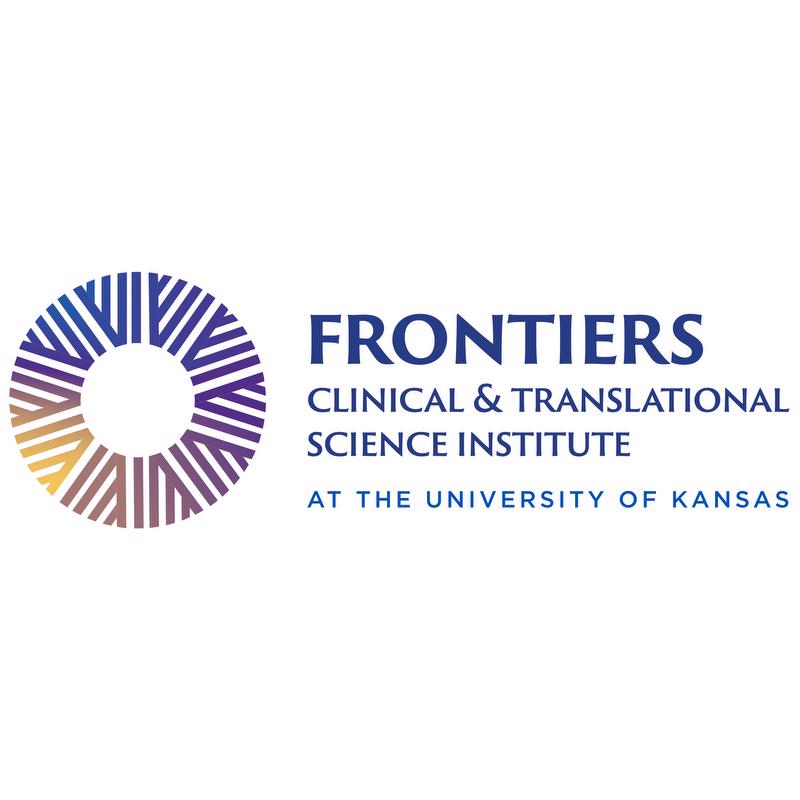 Events · News
Events · News
 Funded Projects · News
Funded Projects · News
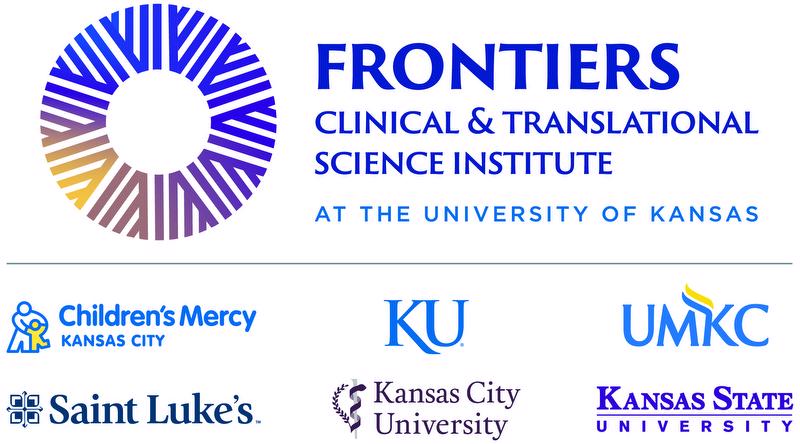
 Funded Projects · News
Funded Projects · News
 TL1 Trainee · News
TL1 Trainee · News
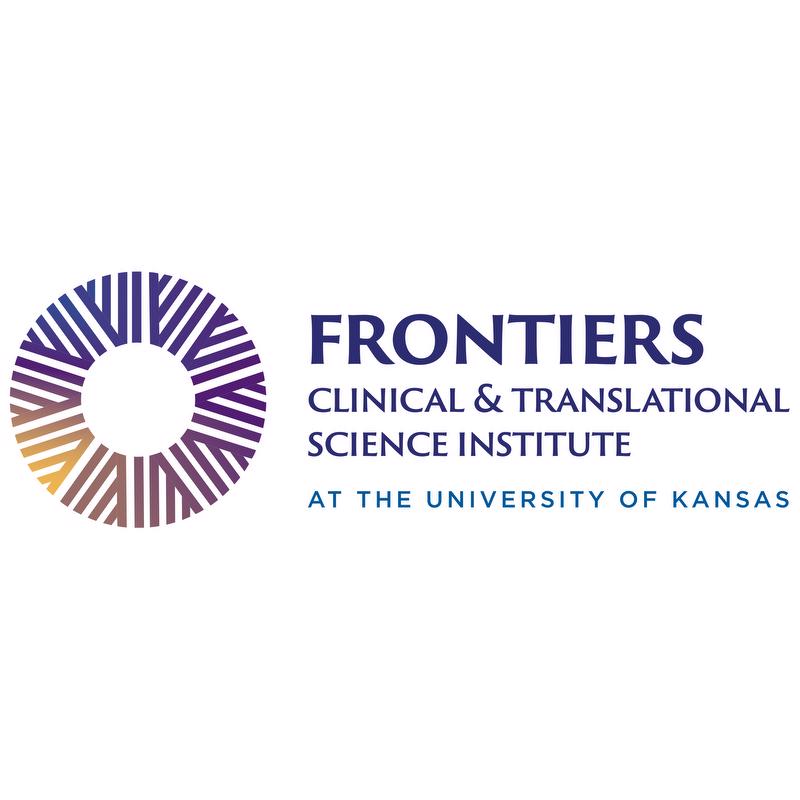 News · In the Community · Funded Projects
News · In the Community · Funded Projects
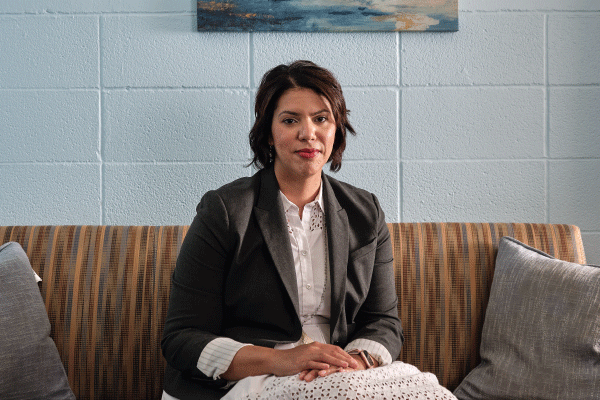 Funded Projects · News
Funded Projects · News
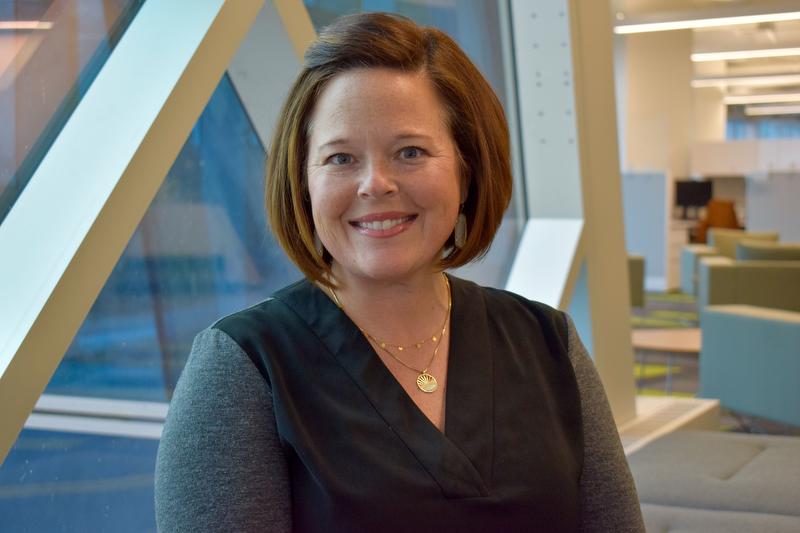 KL2 Scholar · News
KL2 Scholar · News
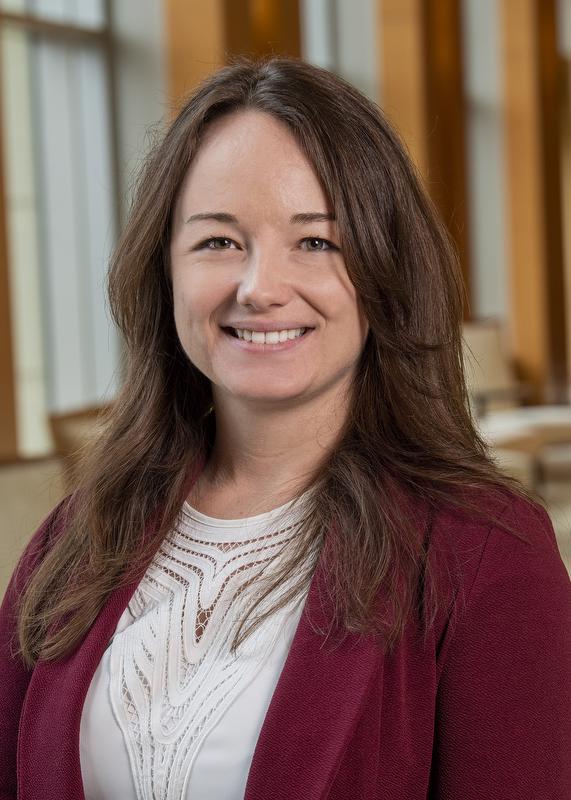 TL1 Trainee · News
TL1 Trainee · News
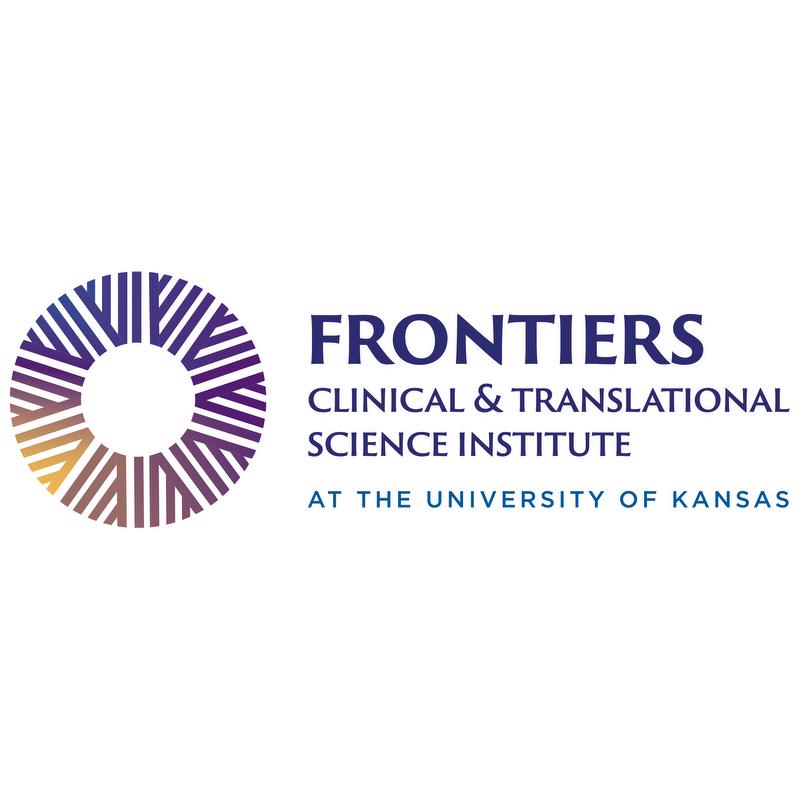 News
News
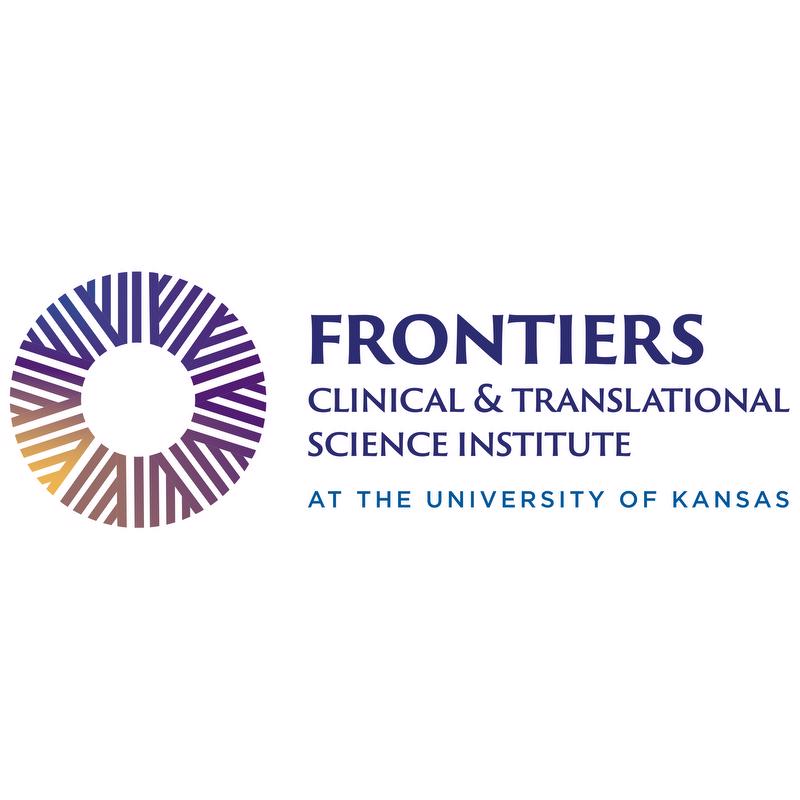 News
News
 KL2 Scholar · News
KL2 Scholar · News
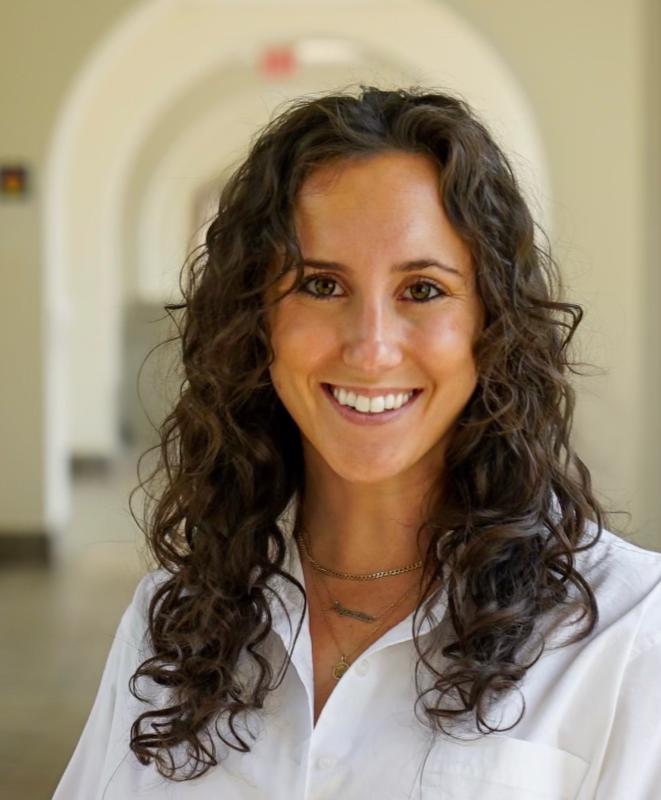 TL1 Trainee · News
TL1 Trainee · News
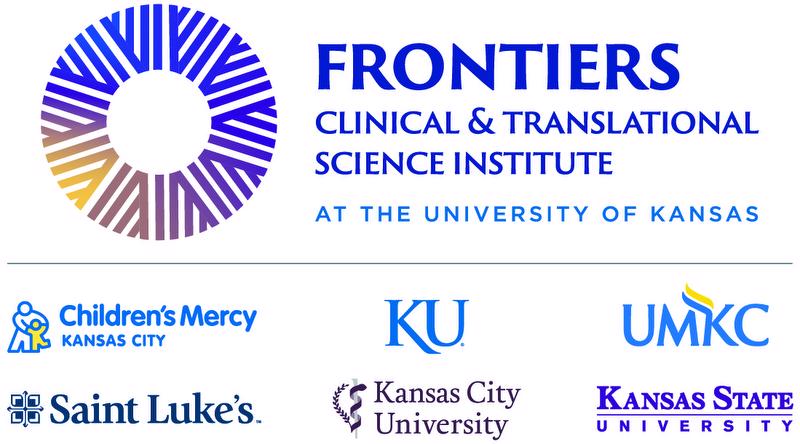 News
News
 News
News
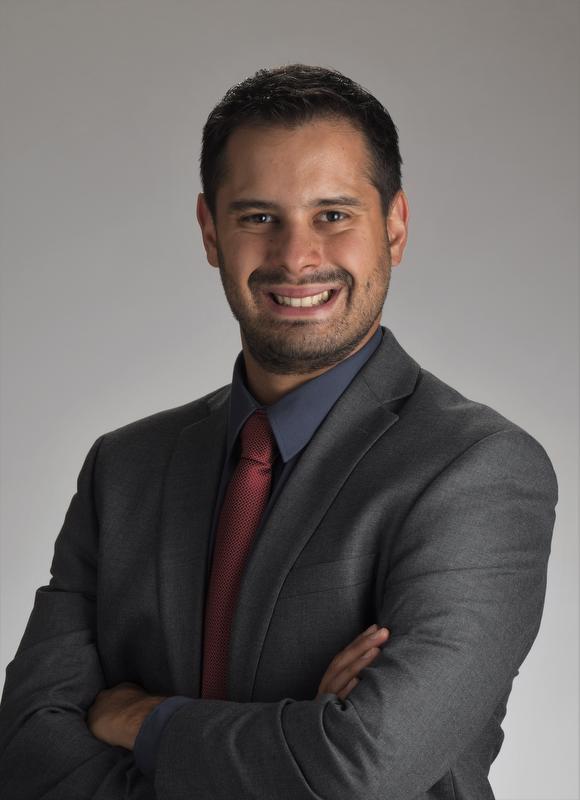 Funded Projects · News
Funded Projects · News
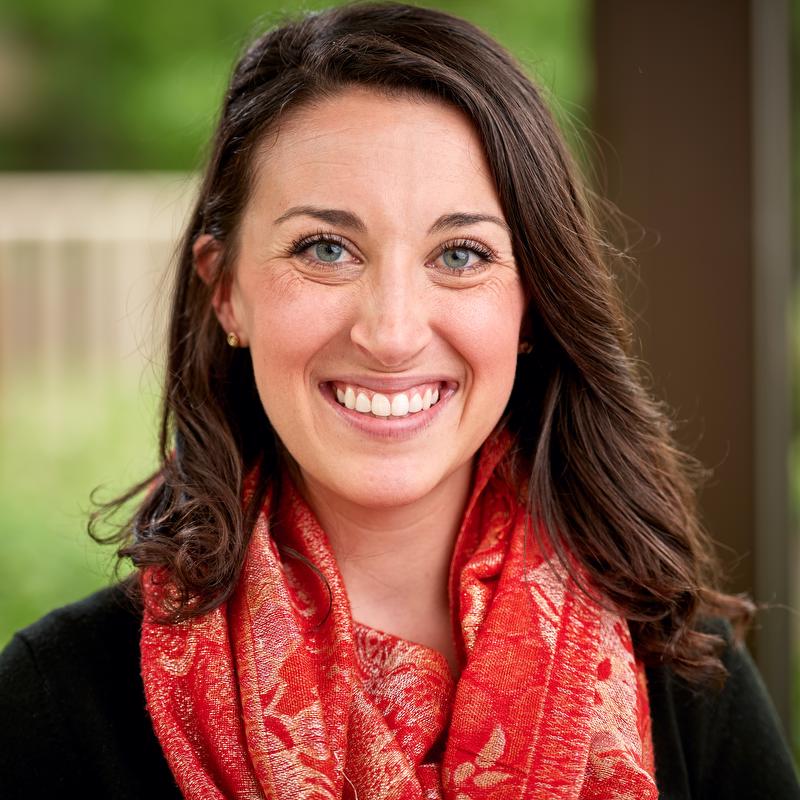 Events · News
Events · News
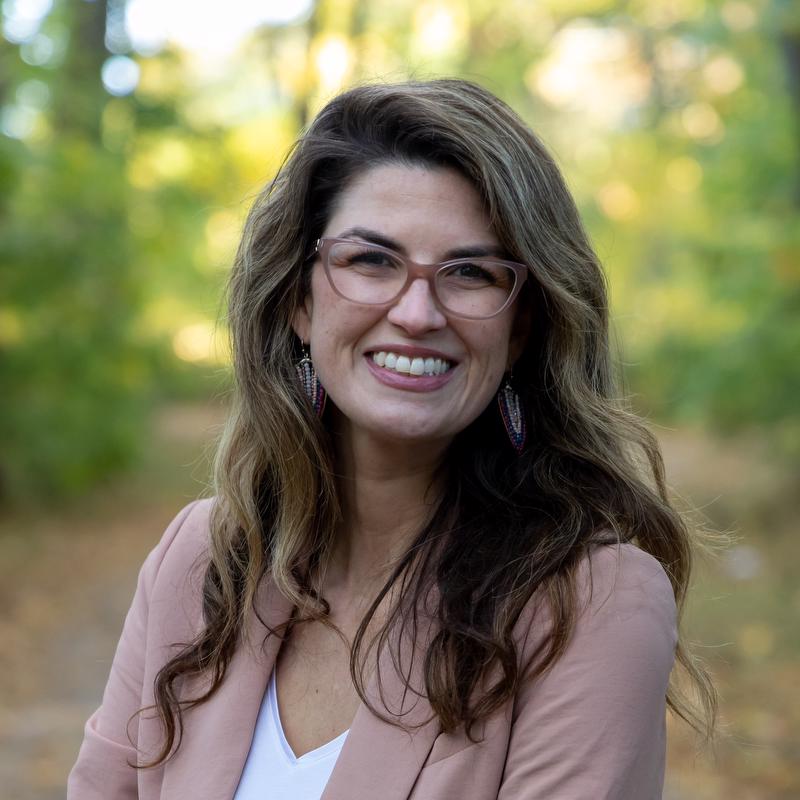
 KL2 Scholar · News
KL2 Scholar · News
 News
News

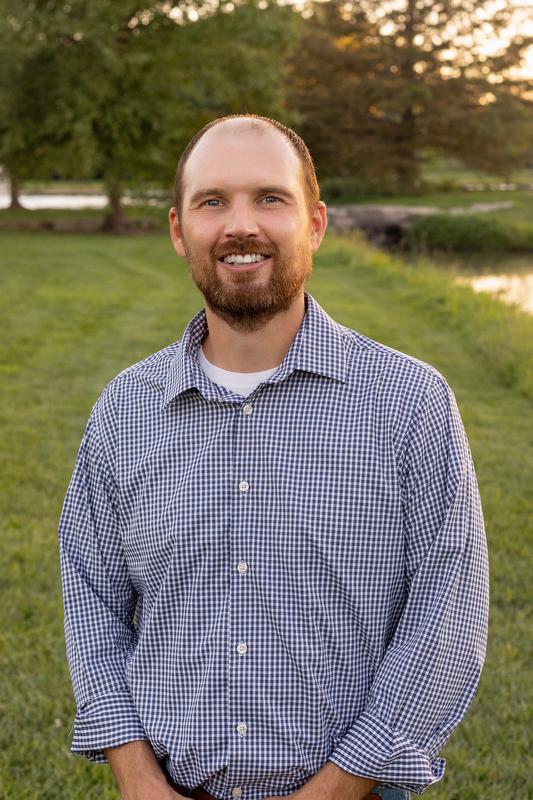 Funded Projects · News
Funded Projects · News
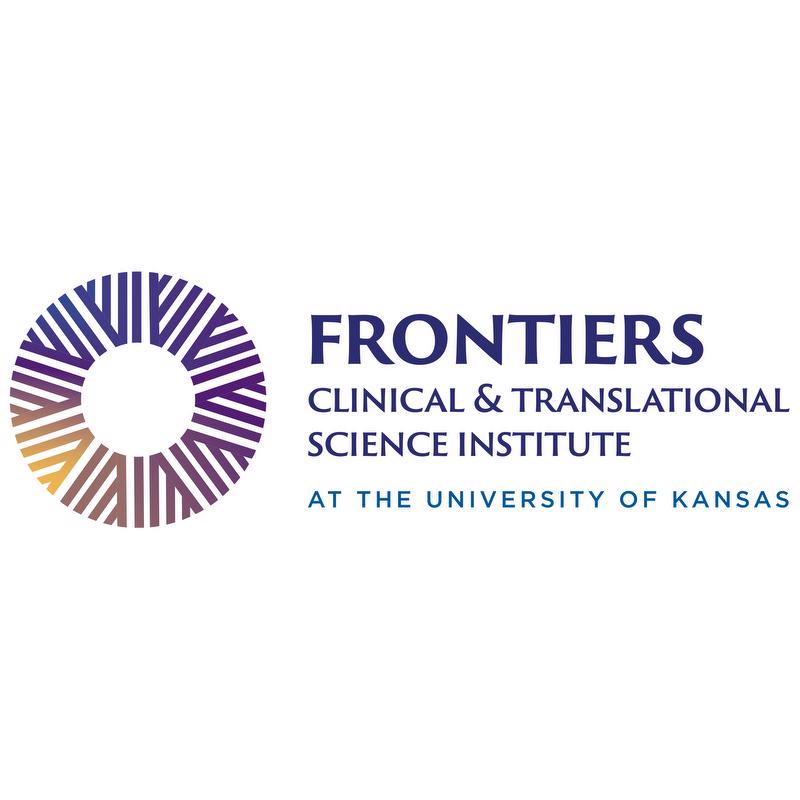 News
News
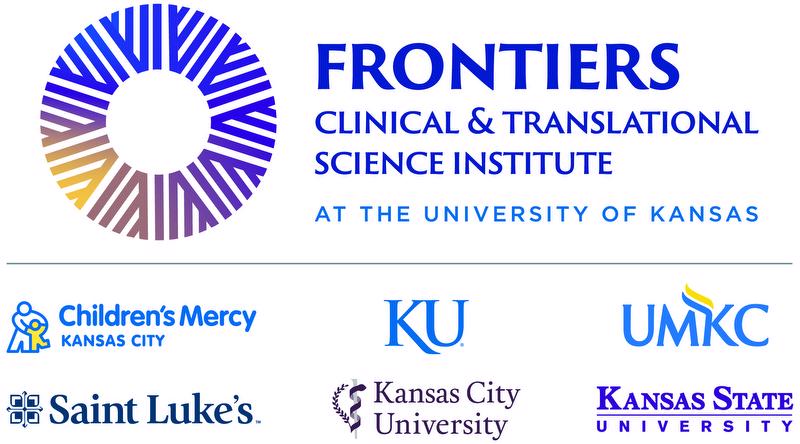 Partner News · News
Partner News · News
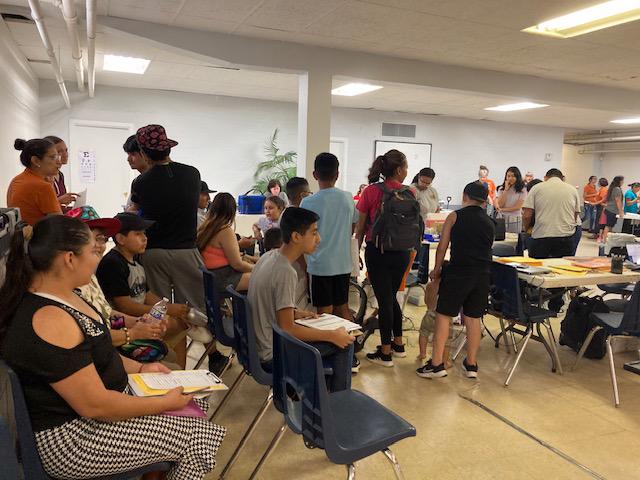 News · In the Community
News · In the Community
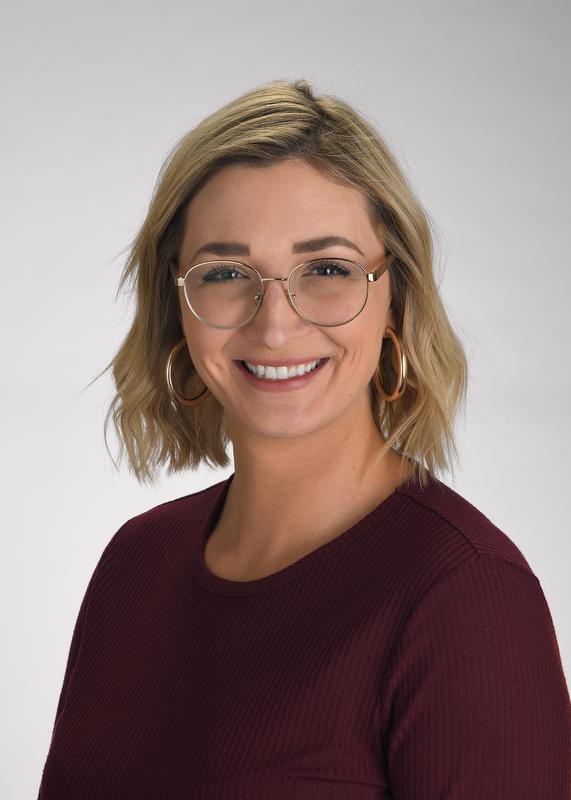
 0
0

 Funded Projects · News
Funded Projects · News
 Funded Projects · News
Funded Projects · News
 News
News
 Funded Projects · News
Funded Projects · News
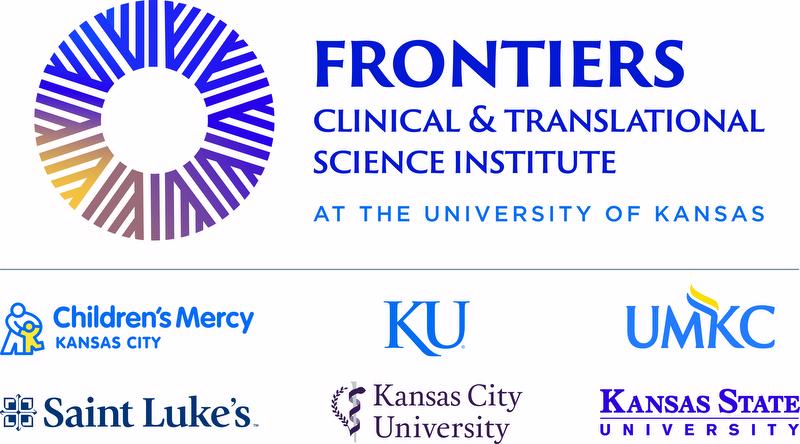 Funded Projects · News
Funded Projects · News
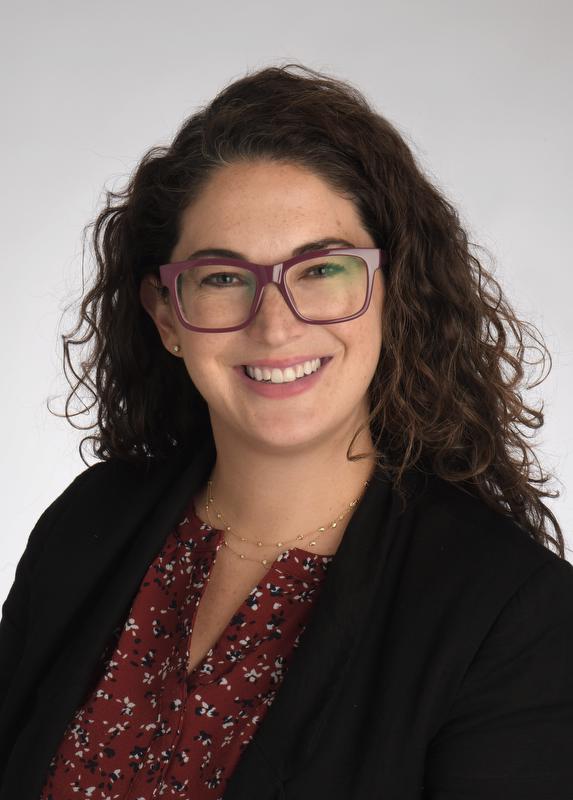 News
News
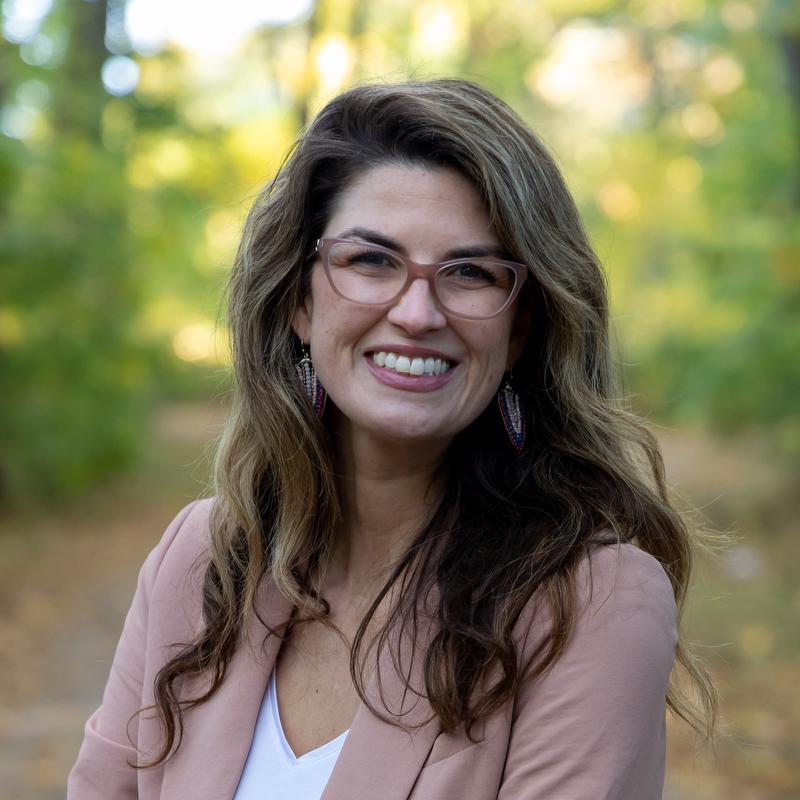 Events · News
Events · News
 TL1 Trainee · News
TL1 Trainee · News
 TL1 Trainee · News
TL1 Trainee · News
 News
News
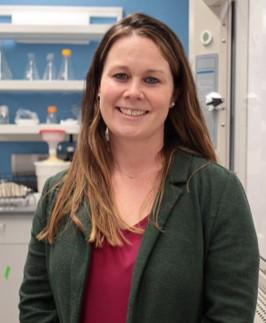 Funded Projects · News
Funded Projects · News
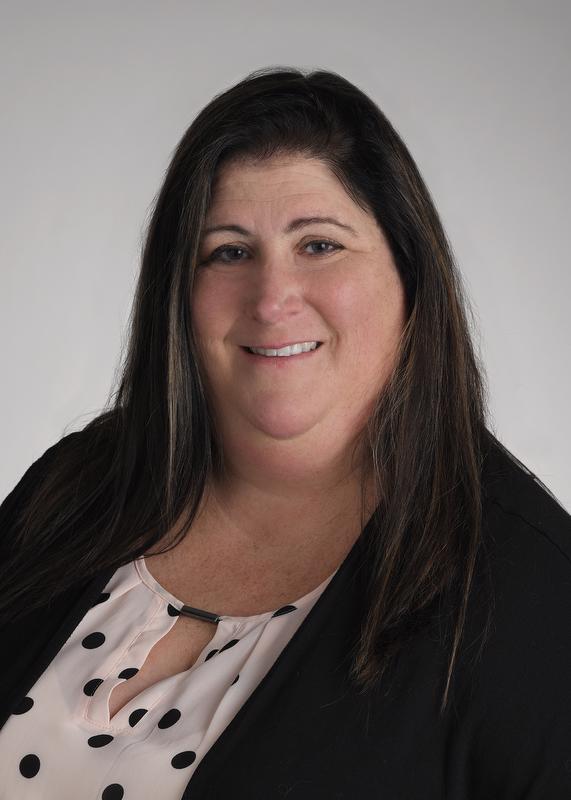 News
News
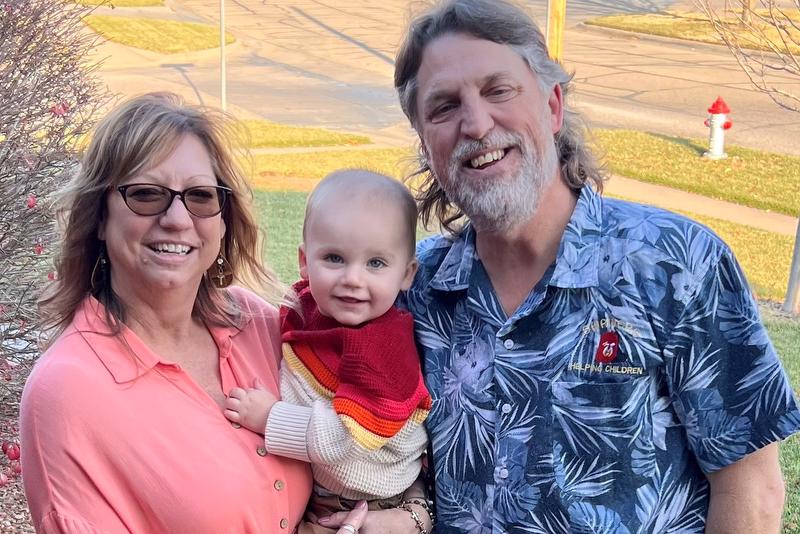 Partner News · News
Partner News · News
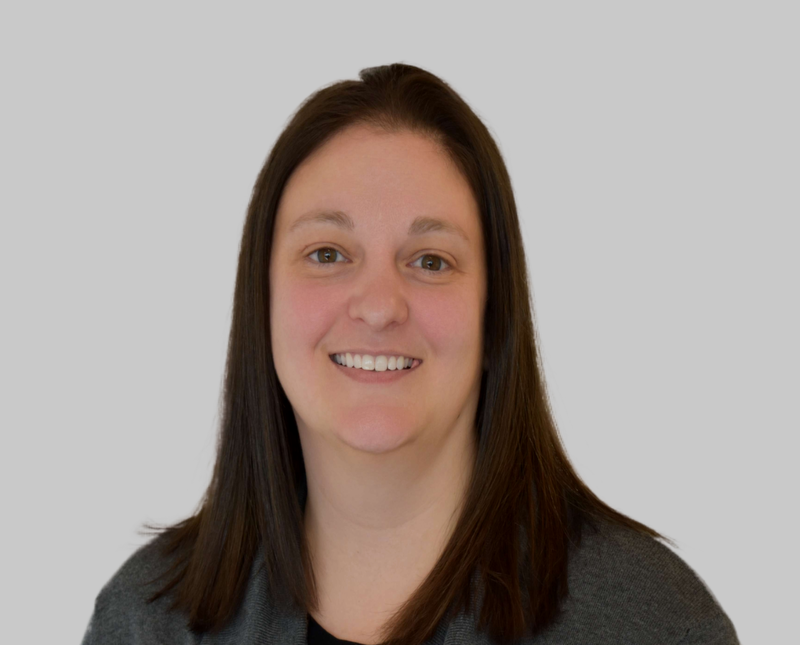 TL1 Trainee · News
TL1 Trainee · News
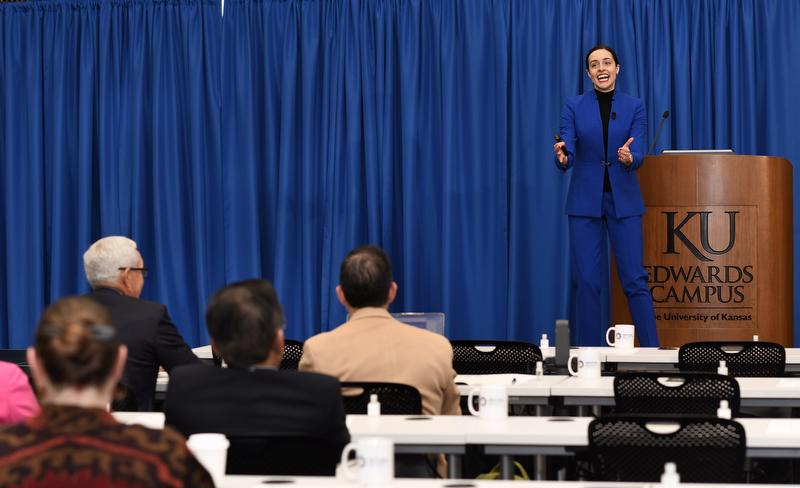 Events · News
Events · News
 KL2 Scholar · News
KL2 Scholar · News
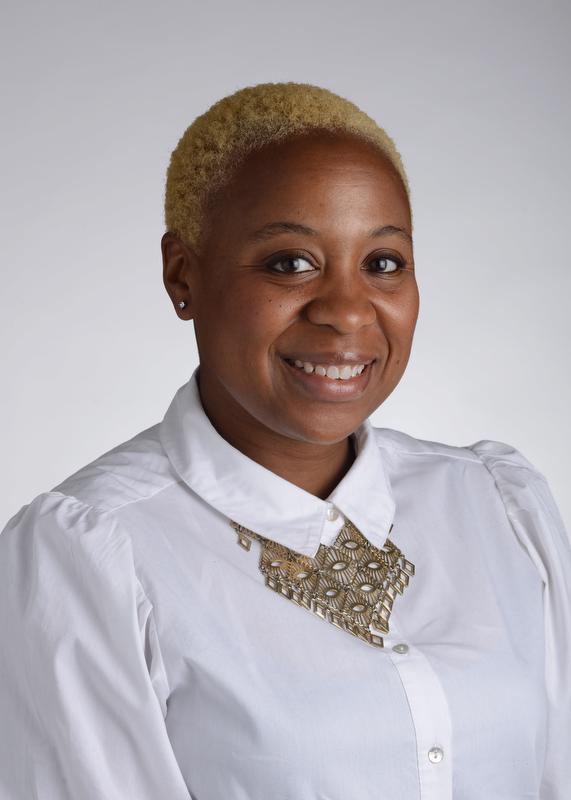 News
News
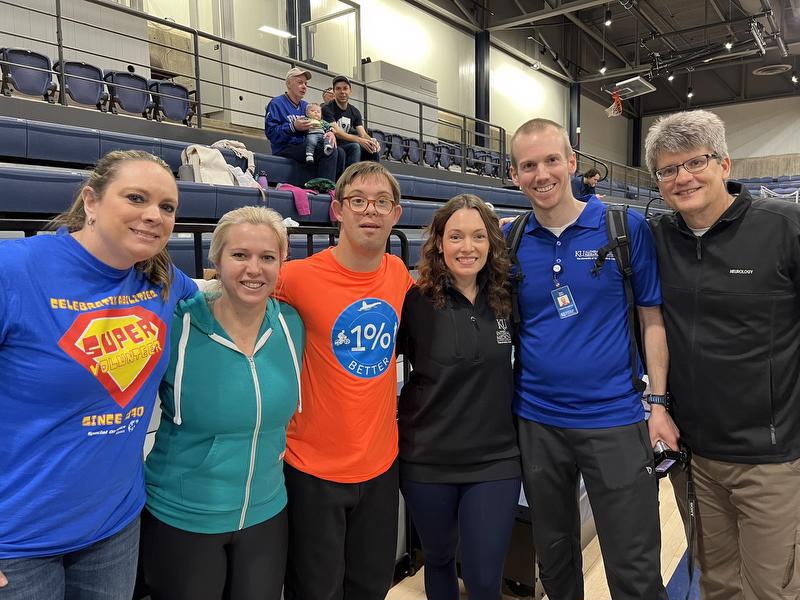 TL1 Trainee · News
TL1 Trainee · News
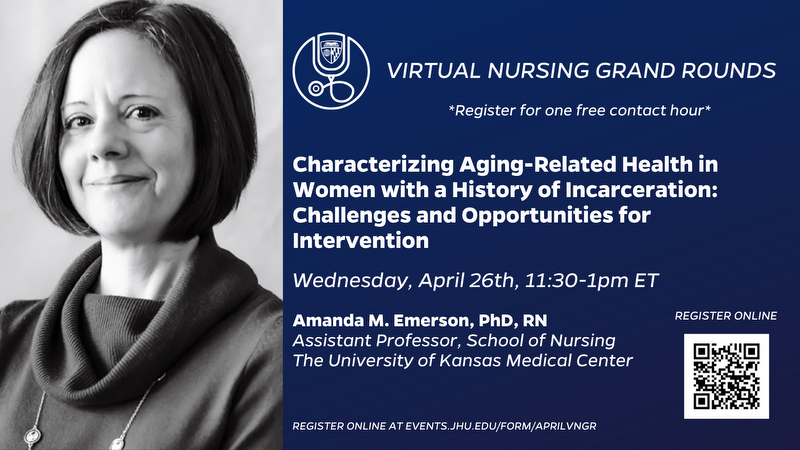 News · KL2 Scholar
News · KL2 Scholar
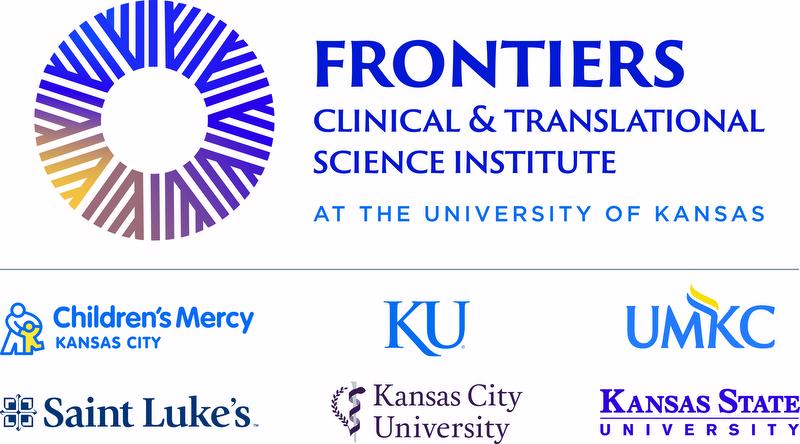
 TL1 Trainee · News
TL1 Trainee · News
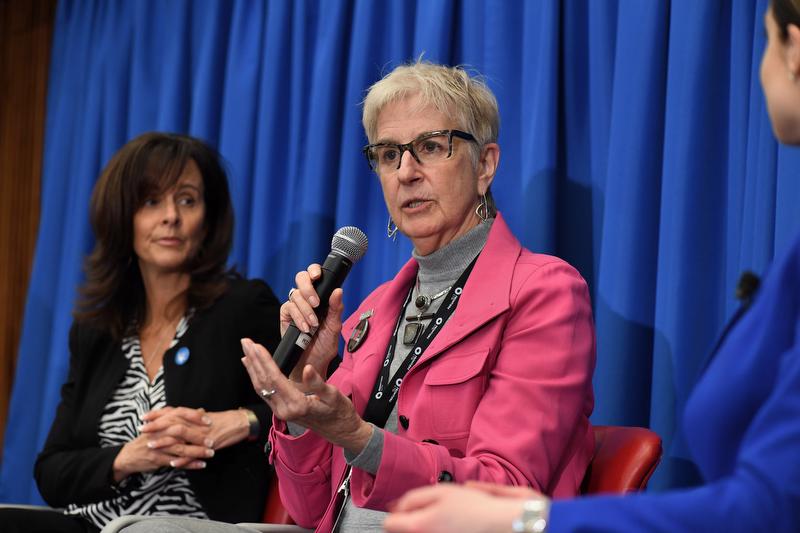 Events · News
Events · News
 News
News
 News
News
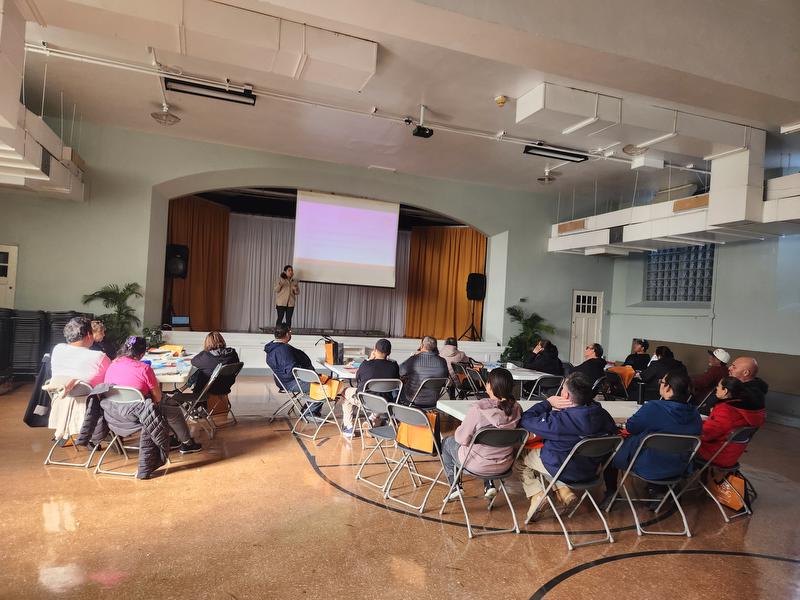

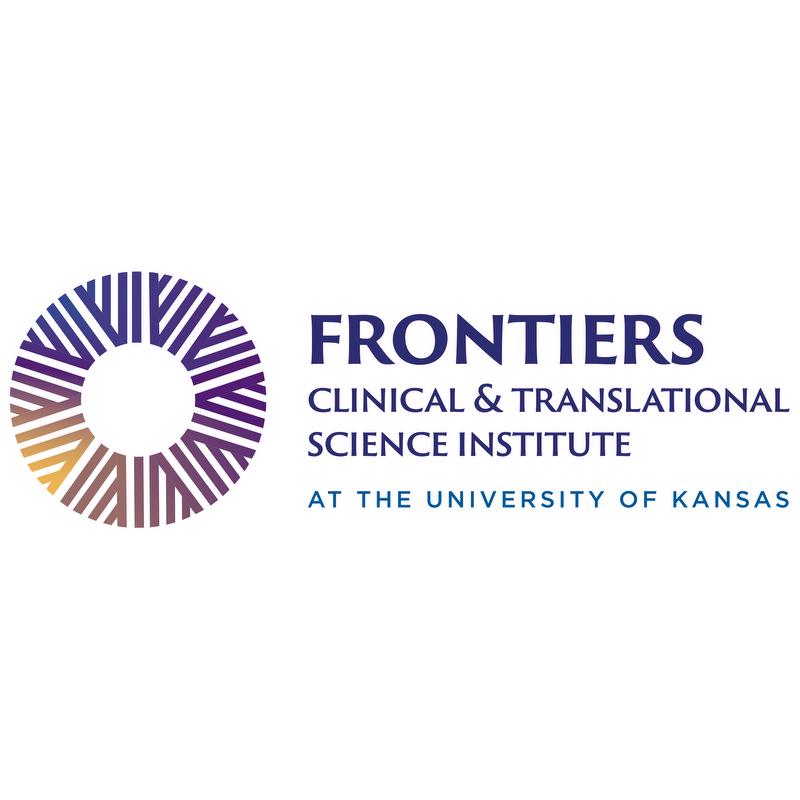 News
News
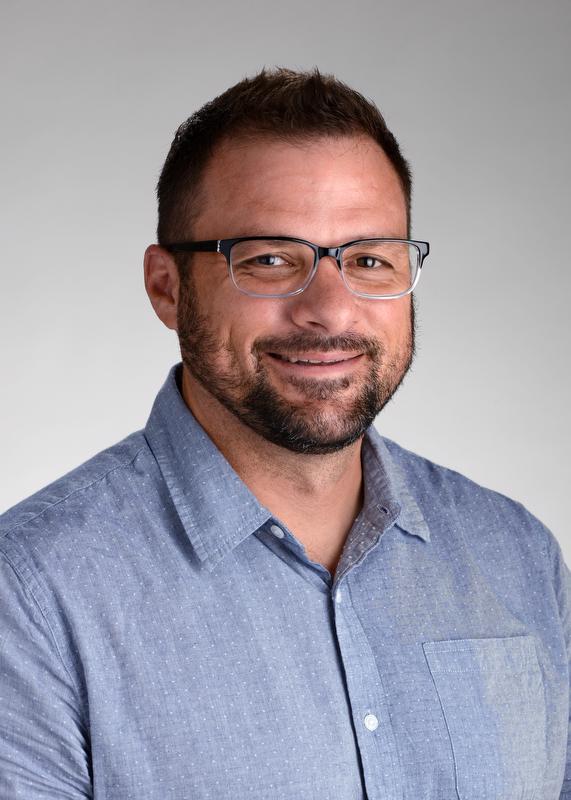
 40
40

 News
News
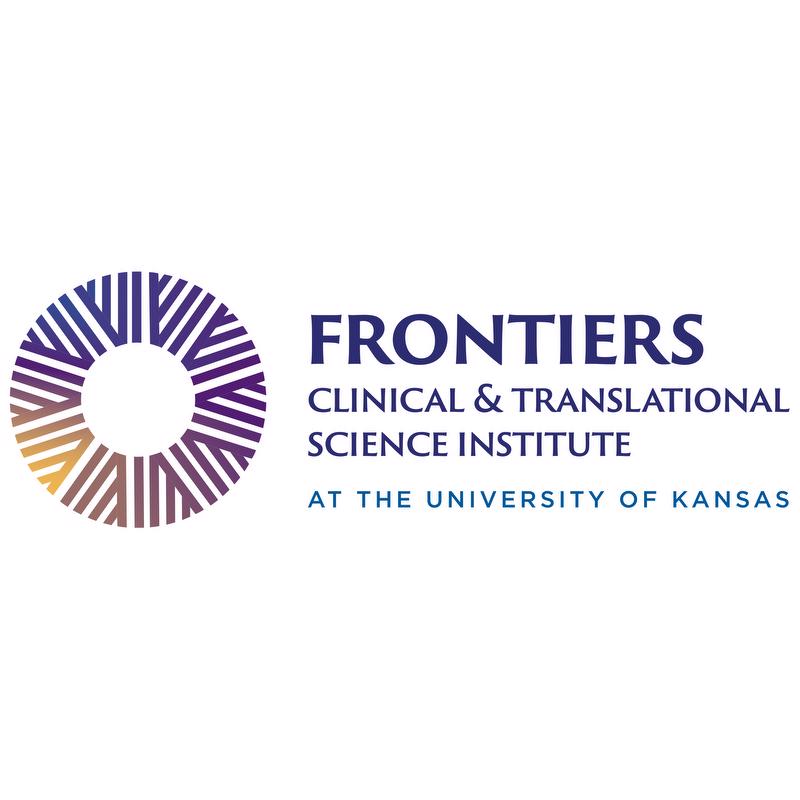 News
News
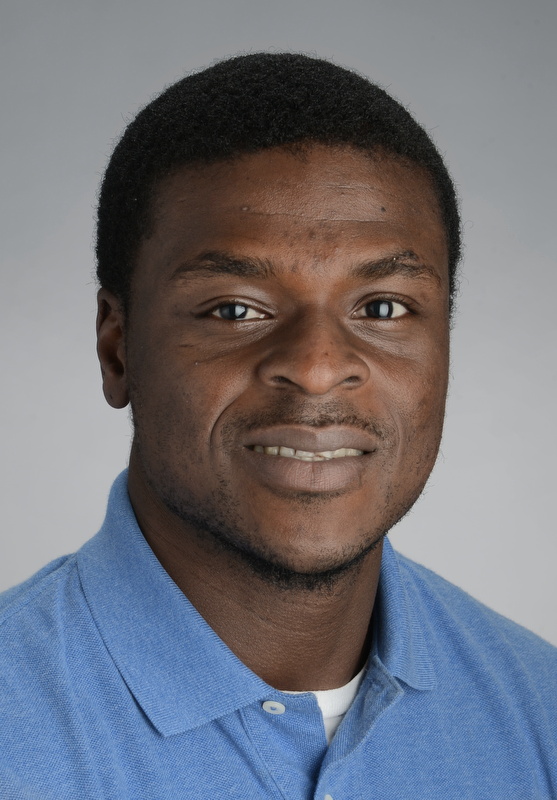 TL1 Trainee · News
TL1 Trainee · News
 News
News
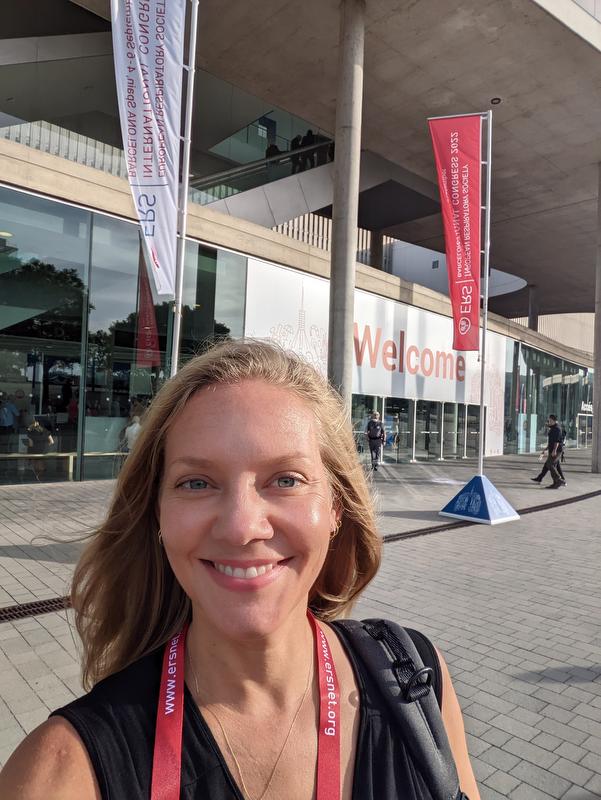 Funded Projects · News
Funded Projects · News
 News · In the Community
News · In the Community
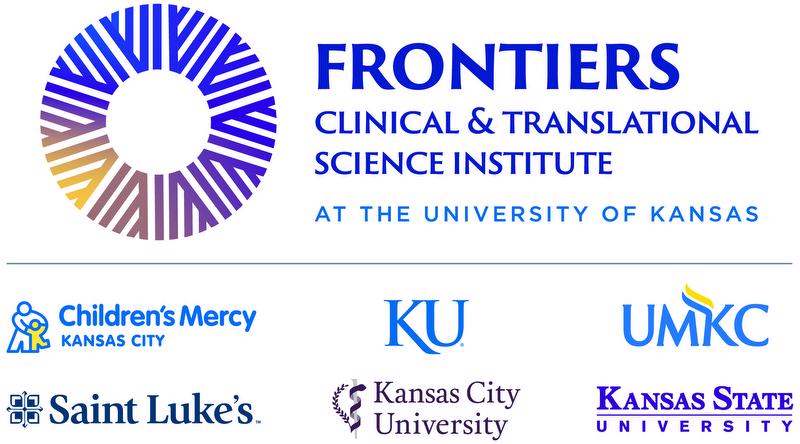 Funded Projects · News
Funded Projects · News
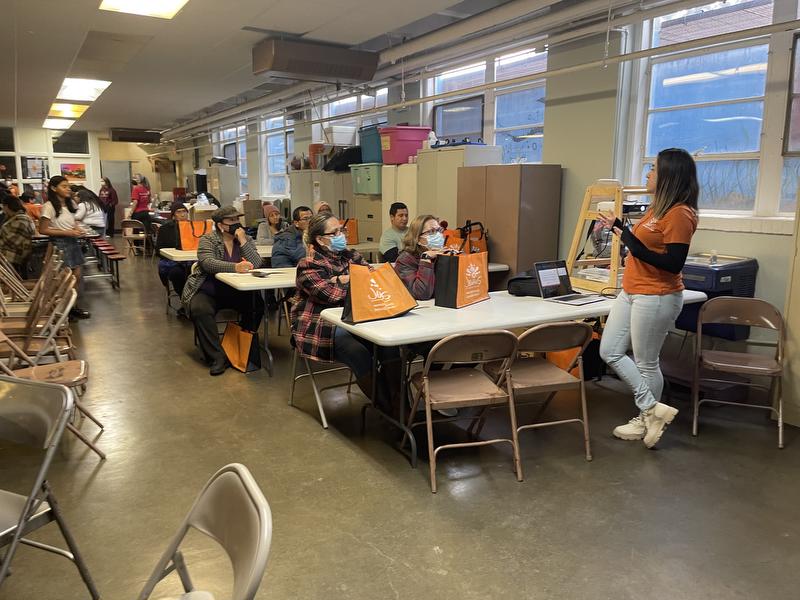 In the Community
In the Community
 News · In the Community · Partner News
News · In the Community · Partner News
 KL2 Scholar · News
KL2 Scholar · News
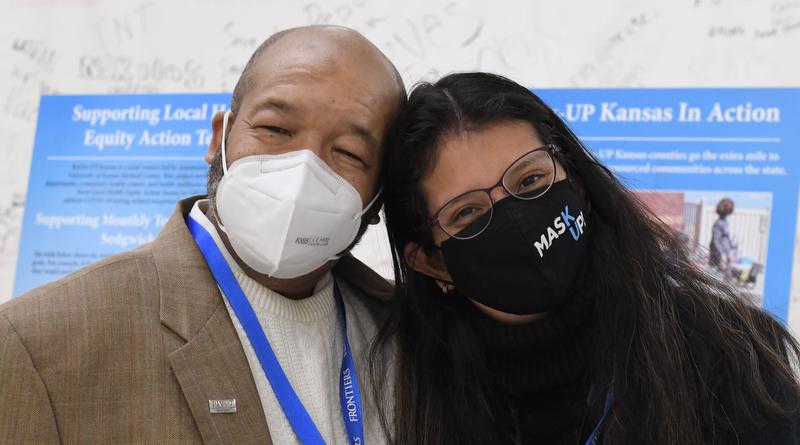 News · In the Community
News · In the Community
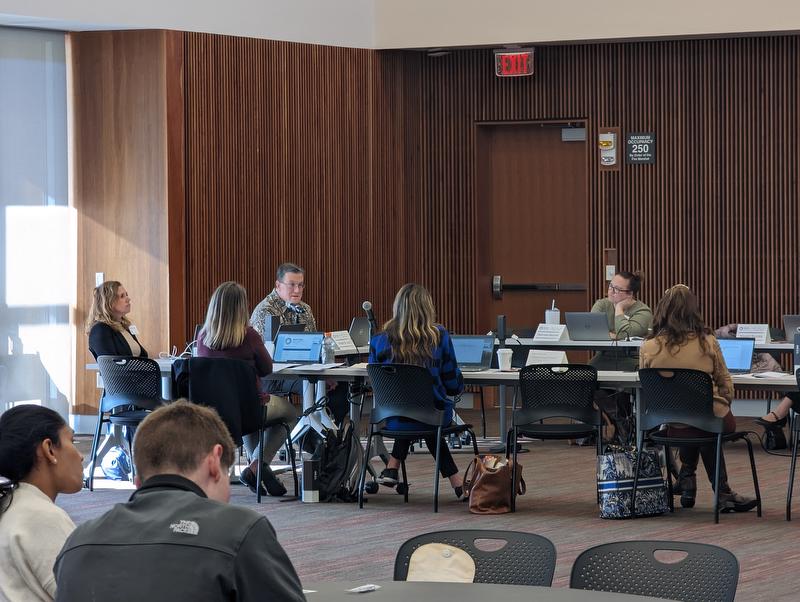 Events · News · Services
Events · News · Services
 Funded Projects · News
Funded Projects · News
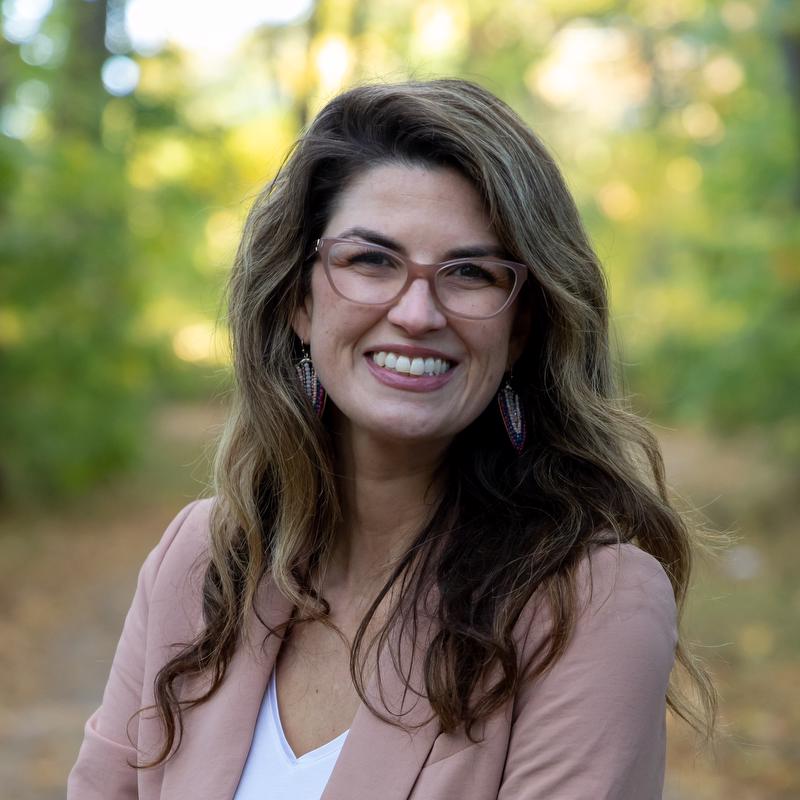 KL2 Scholar · Funded Projects · News
KL2 Scholar · Funded Projects · News
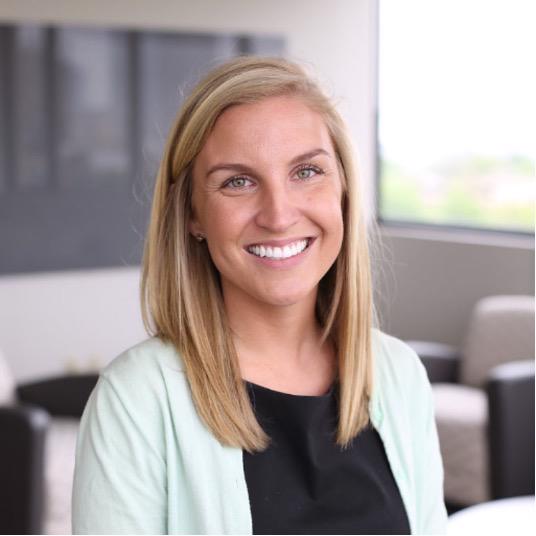 TL1 Trainee · Funded Projects · News
TL1 Trainee · Funded Projects · News
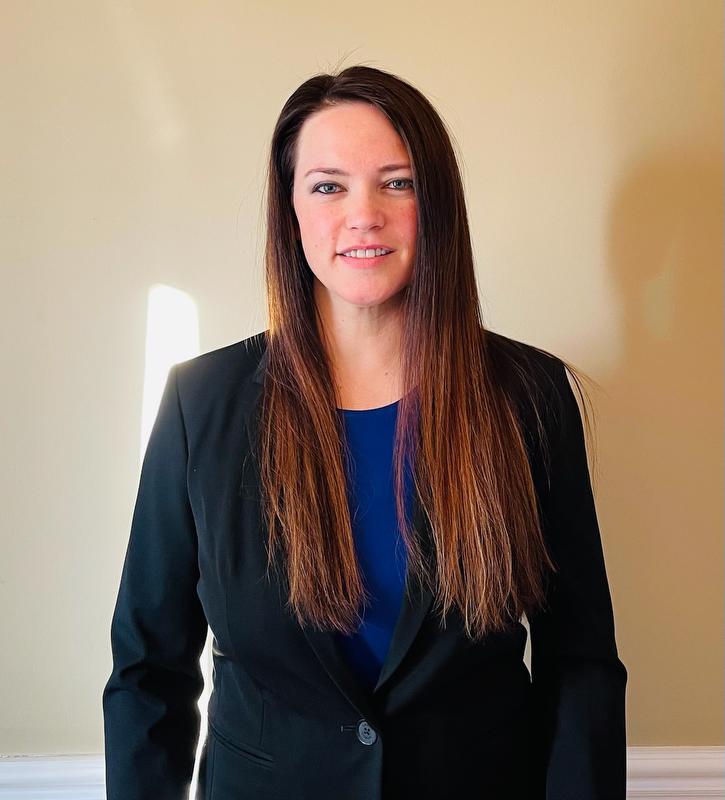 News
News
 News
News
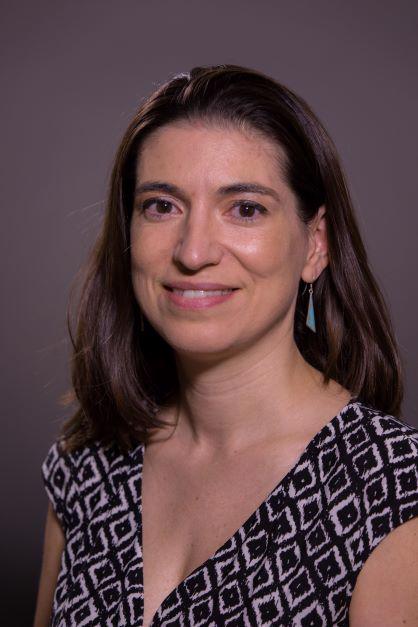 KL2 Scholar · Funded Projects
KL2 Scholar · Funded Projects
 KL2 Scholar · Funded Projects
KL2 Scholar · Funded Projects
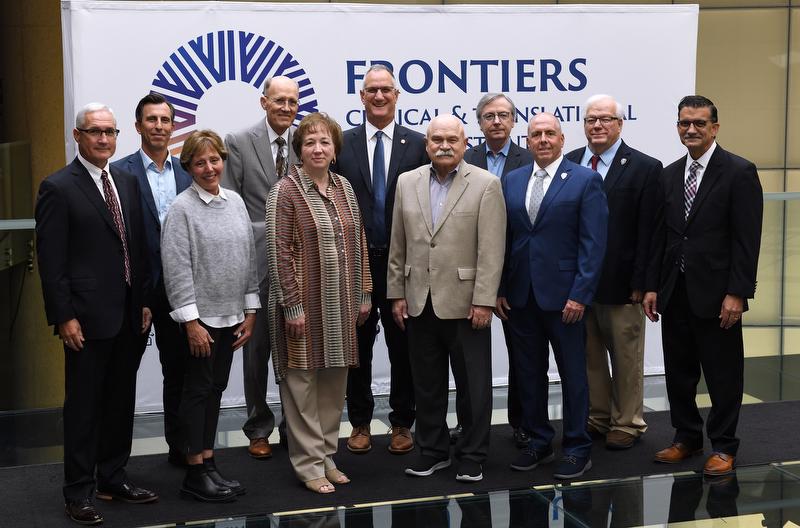 Events · News
Events · News
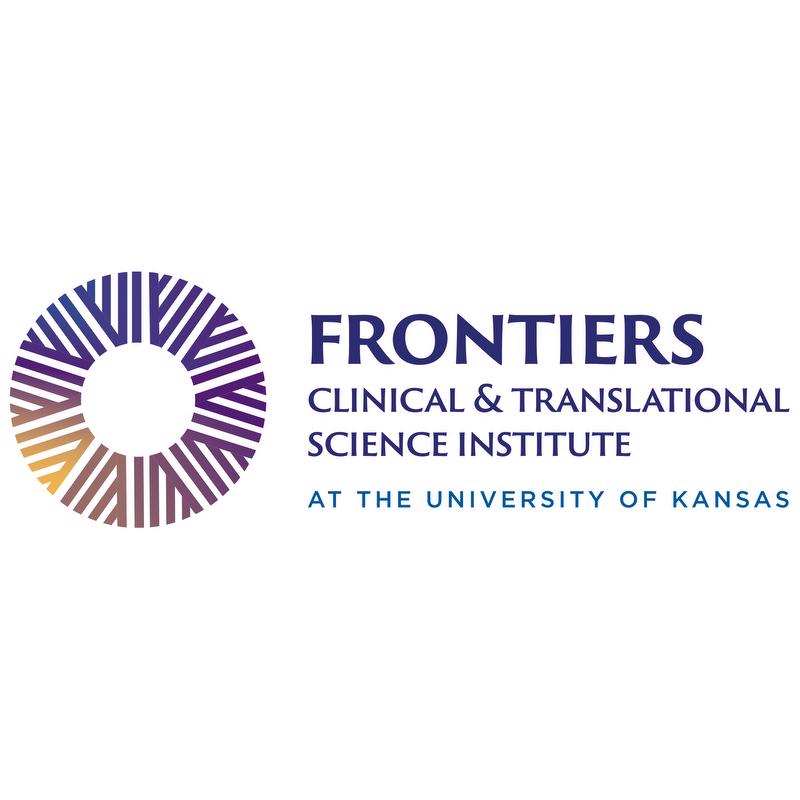 News
News
 KL2 Scholar · Funded Projects
KL2 Scholar · Funded Projects
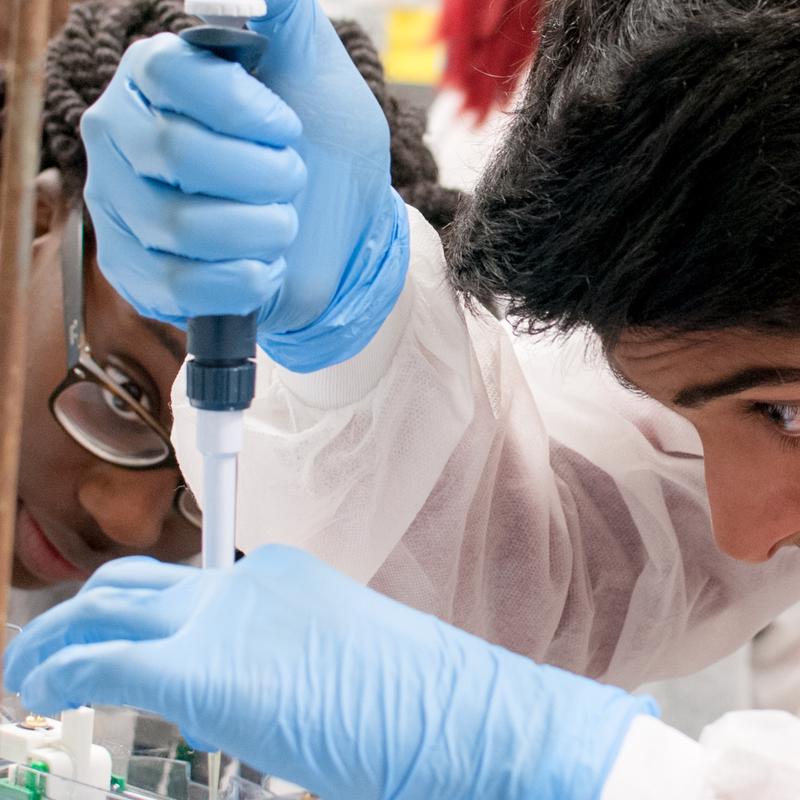 News
News
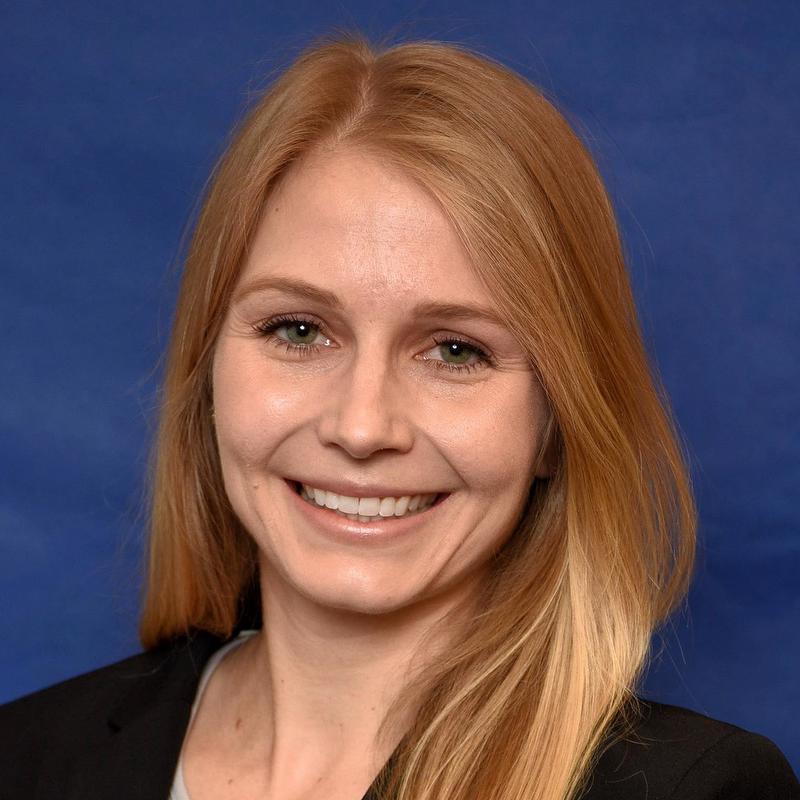 Funded Projects
Funded Projects

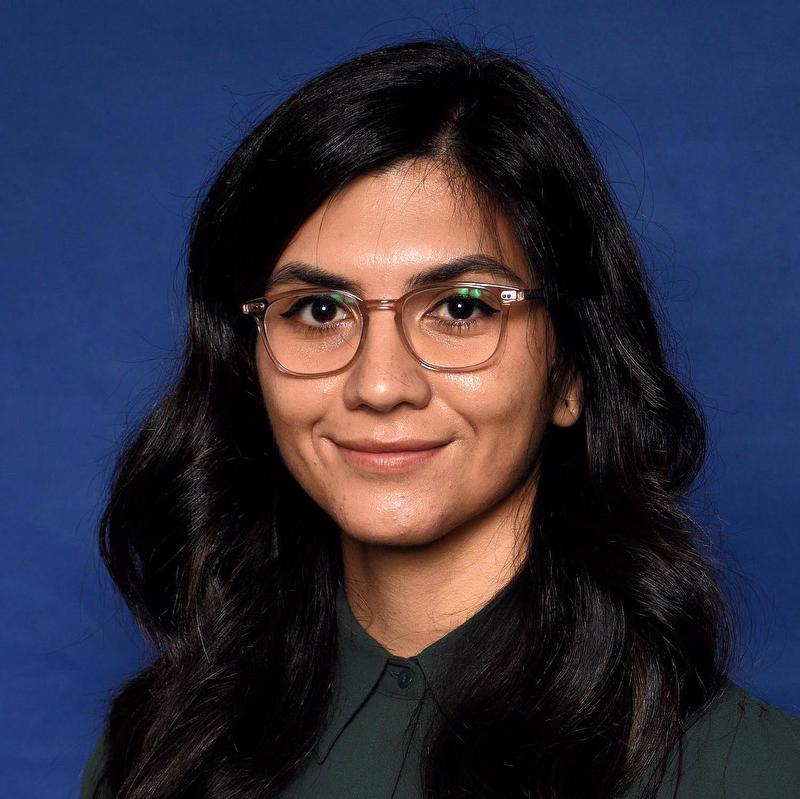 TL1 Trainee
TL1 Trainee
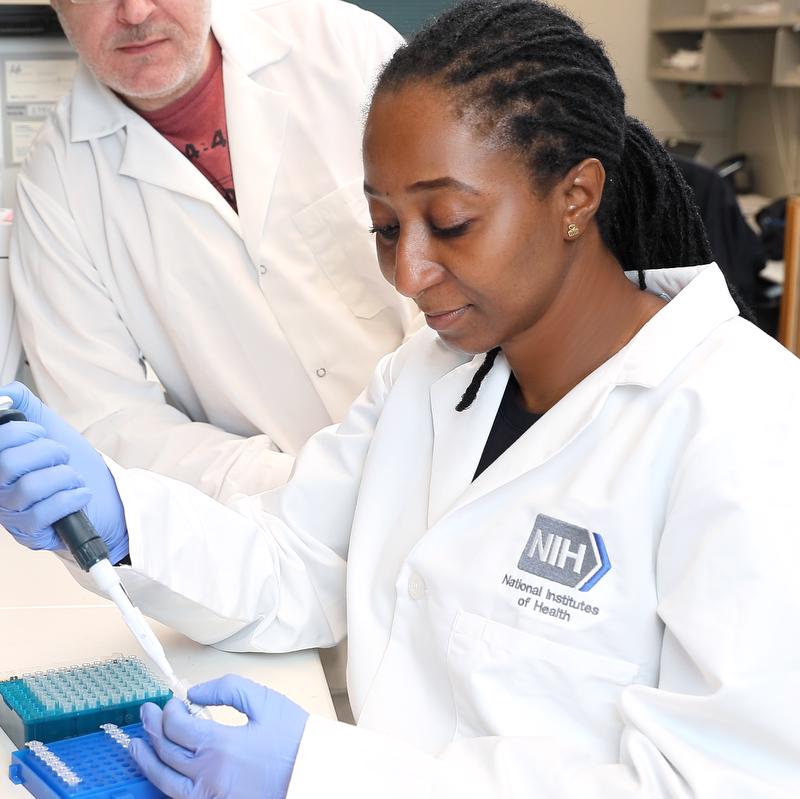 News
News
 Funded Projects
Funded Projects



